Kangana Ranaut, who won from Himachal Pradesh's Mandi seat this Lok Sabha election, was allegedly slapped by a Central Industrial Security Force (CISF) woman official at Chandigarh Airport on Thursday.
Kangana Ranaut, who won from Himachal Pradesh's Mandi seat this Lok Sabha election, was allegedly slapped by a Central Industrial Security Force (CISF) woman official at Chandigarh Airport on Thursday. CISF officer, Kulwinder Kaur said that she slapped the newly elected BJP MP after being triggered by an old remark made by the actor during the farmer's protest.
As a result, the CISF officer, Kulwinder Kaur has been suspended and an FIR has also been filed against her.
After landing in Delhi, Ranuat took to Instagram to talk about the incident. She said, “I am safe. I am perfectly fine. The incident happened at the security check-in. The woman guard waited for me to cross. She then came from the side and hit me. She started throwing expletives. I asked why she hit me. She said ‘I support farmers’. I am safe, but my concern is terrorism is rising in Punjab. How do we handle that?”
However, this incident has also raised questions regarding the security of an elected MP. Although it is known that the President, Vice President, and Prime Minster are provided with tight security as per the guidelines laid down in the ‘Blue Book’ issued by the home ministry. But for other elected MPs, security is arranged based on measures mentioned in the ‘Yellow Book’ titled ‘Security Arrangements for the Protection of Individuals’ after a threat assessment by security agencies.
MPs can be provided security protection on behalf of the Central government but can only be given after threat assessment.
Each state government has its own set of rules when it comes to safeguarding Members of Parliament. The provision of granting security to someone who doesn't fall into the designated categories, but resides in a certain state, is at the discretion of that state's government. This is attributed to the fact that the 'law and order' maintenance is constitutionally the responsibility of the state.
SPG and other security for VVIPS
VVIPs in India are the prime minister, president, vice-president, and visiting heads of the state.
In India, the idea of providing security to top political leaders emerged after Naxalism became a threat in the 1960s. The SPG was formed in 1985 after the assassination of the then-Prime Minister Indira Gandhi. The Union Home Ministry codified the protocols for protection in the ‘Blue Book’ and ‘Yellow Book’.
The Prime Minister of India and their immediate family members are provided security by the Special Protection Group Act, 1988. Moreover, security is also given to the former PM and their immediate family members under this act for five years from the end of their tenure.
Apart from SPG, the other main categories of VIP security cover in India include Z+, Z, Y, and X.
X Category includes two ‘Personal Security Officers’. This is recognised as the most basic level of protection offered to a VIP.
Y Category includes a uniformed, armed guard standing watch at a protectee’s home. There's additional security during dusk and dawn. A Y category protected person might have a Personal Security Officer (PSO) armed with a 9 mm pistol beside them, along with a second PSO with a Sten gun in daylight. On the other hand, the Y+ category is distinguished for individuals who are perceived to be under a more significant threat level than those in the 'Y' category.
Z Category protectees are given armed static guards to cover their place of stay. The range of these guards can vary from 2 to 8, and this depends on the threat level and where the residence is located. Two PSOs are also stationed around the clock. Screening watchers, and armed escorts for all road journeys are provided. Moreover, the protectee is also provided with a bulletproof vest.
Z+ Category protectees who fall under this category are given NSG mobile security. They are also given bulletproof car and escorts in three shifts. Additional safety measures are also made when necessary.
The DNA app is now available for download on the Google Play Store. Please download the app and share your feedback with us.
![submenu-img]() After his arrest in murder case, Darshan lands in more legal trouble; Kannada star will now be charged for...
After his arrest in murder case, Darshan lands in more legal trouble; Kannada star will now be charged for...![submenu-img]() DNA TV Show: Who is the mastermind of alleged NEET-UG paper leak?
DNA TV Show: Who is the mastermind of alleged NEET-UG paper leak?![submenu-img]() Meet man who gets Rs 12.50 crore salary, runs Rs 318000 crore company backed by Ratan Tata
Meet man who gets Rs 12.50 crore salary, runs Rs 318000 crore company backed by Ratan Tata![submenu-img]() Neeraj Chopra wins gold in javelin at Paavo Nurmi Games 2024 with throw of...
Neeraj Chopra wins gold in javelin at Paavo Nurmi Games 2024 with throw of...![submenu-img]() 'Modi ji won't be intimidated': Taiwan after China objects to ties with India
'Modi ji won't be intimidated': Taiwan after China objects to ties with India![submenu-img]() Meet man who cracked NEET-UG at 50 but there is a twist...
Meet man who cracked NEET-UG at 50 but there is a twist...![submenu-img]() Meet IIT-JEE topper, went to IIT Bombay with AIR 1, got job with Rs 70 lakh salary, left it to become a…
Meet IIT-JEE topper, went to IIT Bombay with AIR 1, got job with Rs 70 lakh salary, left it to become a…![submenu-img]() 'If there is 0.001% negligence on the part of anyone it...': SC issues notices to NTA, Centre over NEET-UG
'If there is 0.001% negligence on the part of anyone it...': SC issues notices to NTA, Centre over NEET-UG ![submenu-img]() Meet doctor who cracked UPSC exam, became IAS officer but resigned after seven years due to...
Meet doctor who cracked UPSC exam, became IAS officer but resigned after seven years due to...![submenu-img]() NEET-PG 2024 admit card to be released today; check steps to download
NEET-PG 2024 admit card to be released today; check steps to download ![submenu-img]() DNA Verified: Did Kangana Ranaut party with gangster Abu Salem? Actress reveals who's with her in viral photo
DNA Verified: Did Kangana Ranaut party with gangster Abu Salem? Actress reveals who's with her in viral photo![submenu-img]() DNA Verified: New Delhi Railway Station to be closed for 4 years? Know the truth here
DNA Verified: New Delhi Railway Station to be closed for 4 years? Know the truth here![submenu-img]() DNA Verified: Did RSS chief Mohan Bhagwat praise Congress during Lok Sabha Elections 2024? Know the truth here
DNA Verified: Did RSS chief Mohan Bhagwat praise Congress during Lok Sabha Elections 2024? Know the truth here![submenu-img]() DNA Verified: Is CAA an anti-Muslim law? Centre terms news report as 'misleading'
DNA Verified: Is CAA an anti-Muslim law? Centre terms news report as 'misleading'![submenu-img]() DNA Verified: Lok Sabha Elections 2024 to be held on April 19? Know truth behind viral message
DNA Verified: Lok Sabha Elections 2024 to be held on April 19? Know truth behind viral message![submenu-img]() Triptii Dimri sets the internet on fire in black bikini in beachside photos, fans say 'bhabhi bani baby'
Triptii Dimri sets the internet on fire in black bikini in beachside photos, fans say 'bhabhi bani baby'![submenu-img]() In pics: Ananya Panday dazzles in shimmery green mini dress, poses with Gwyneth Paltrow at Swarovski event in Milan
In pics: Ananya Panday dazzles in shimmery green mini dress, poses with Gwyneth Paltrow at Swarovski event in Milan![submenu-img]() In pics: Sonakshi Sinha's black-themed bachelorette with Huma Qureshi, Zaheer Iqbal's secret bachelor party
In pics: Sonakshi Sinha's black-themed bachelorette with Huma Qureshi, Zaheer Iqbal's secret bachelor party ![submenu-img]() From Jawan to Munjya, 5 films that showcased exceptional VFX and ruled box office recently
From Jawan to Munjya, 5 films that showcased exceptional VFX and ruled box office recently![submenu-img]() In pics: Raghubir Yadav, Chandan Roy celebrate success of Panchayat season 3 with TVF founder Arunabh Kumar, cast, crew
In pics: Raghubir Yadav, Chandan Roy celebrate success of Panchayat season 3 with TVF founder Arunabh Kumar, cast, crew![submenu-img]() DNA Explainer: What is Kafala system that is prevalent in gulf countries? Why is it considered extremely brutal?
DNA Explainer: What is Kafala system that is prevalent in gulf countries? Why is it considered extremely brutal? ![submenu-img]() Lok Sabha Elections 2024: What are exit polls? When and how are they conducted?
Lok Sabha Elections 2024: What are exit polls? When and how are they conducted?![submenu-img]() DNA Explainer: Why was Iranian president Ebrahim Raisi seen as possible successor to Ayatollah Khamenei?
DNA Explainer: Why was Iranian president Ebrahim Raisi seen as possible successor to Ayatollah Khamenei?![submenu-img]() DNA Explainer: Why did deceased Iranian President Ebrahim Raisi wear black turban?
DNA Explainer: Why did deceased Iranian President Ebrahim Raisi wear black turban?![submenu-img]() Iran President Ebrahim Raisi's death: Will it impact gold, oil prices and stock markets?
Iran President Ebrahim Raisi's death: Will it impact gold, oil prices and stock markets?![submenu-img]() After his arrest in murder case, Darshan lands in more legal trouble; Kannada star will now be charged for...
After his arrest in murder case, Darshan lands in more legal trouble; Kannada star will now be charged for...![submenu-img]() Darshan arrest: Pavithra Gowda, co-accused seen smiling during investigation, furious netizens say 'no regret, no guilt'
Darshan arrest: Pavithra Gowda, co-accused seen smiling during investigation, furious netizens say 'no regret, no guilt'![submenu-img]() Meet Captain GR Gopinath, inspired Akshay Kumar's Sarfira, served in Indian Army, founded India's first low-cost airline
Meet Captain GR Gopinath, inspired Akshay Kumar's Sarfira, served in Indian Army, founded India's first low-cost airline![submenu-img]() Justin Timberlake arrested for drunk driving in New York, details inside
Justin Timberlake arrested for drunk driving in New York, details inside![submenu-img]() The Iron Claw review: Brilliant cautionary tale of parental pressure; and a tribute to wrestling's most 'cursed' family
The Iron Claw review: Brilliant cautionary tale of parental pressure; and a tribute to wrestling's most 'cursed' family ![submenu-img]() Country with most number of pyramids, it's not Egypt
Country with most number of pyramids, it's not Egypt![submenu-img]() Mukesh Ambani, Nita Ambani's son Anant Ambani and Radhika Merchant's wedding festivities to start on...
Mukesh Ambani, Nita Ambani's son Anant Ambani and Radhika Merchant's wedding festivities to start on...![submenu-img]() Glaring safety innovation: Finland adopts reflective coating on reindeer antlers to curb road collisions
Glaring safety innovation: Finland adopts reflective coating on reindeer antlers to curb road collisions![submenu-img]() Viral video: Elephant calves sleep under ‘Z++ security’ as herd protectively stands guard
Viral video: Elephant calves sleep under ‘Z++ security’ as herd protectively stands guard![submenu-img]() This man owned Rs 248 crore necklace, first Indian to buy airplane, was wealthier than Mukesh Ambani, Ratan Tata...
This man owned Rs 248 crore necklace, first Indian to buy airplane, was wealthier than Mukesh Ambani, Ratan Tata...
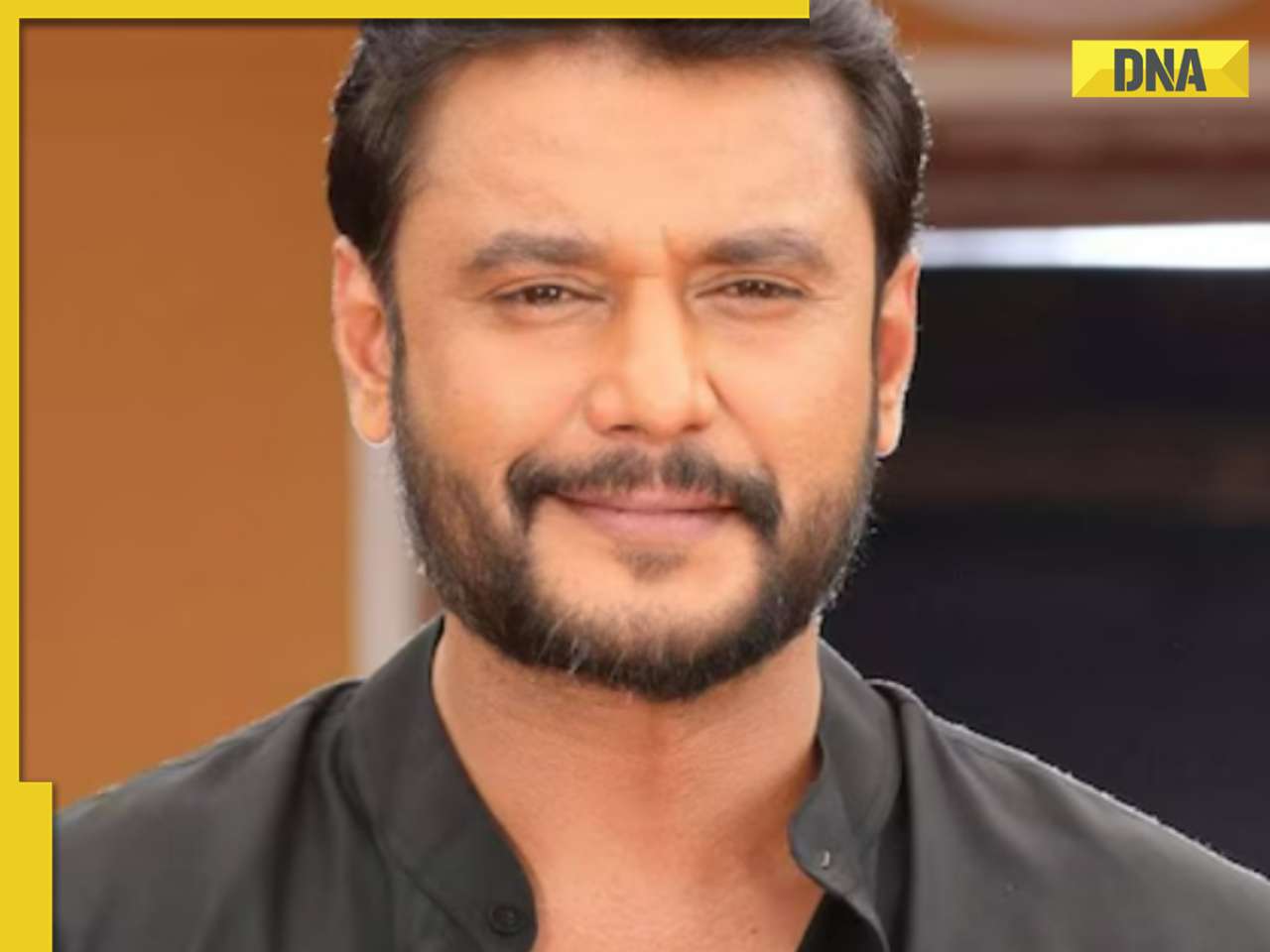
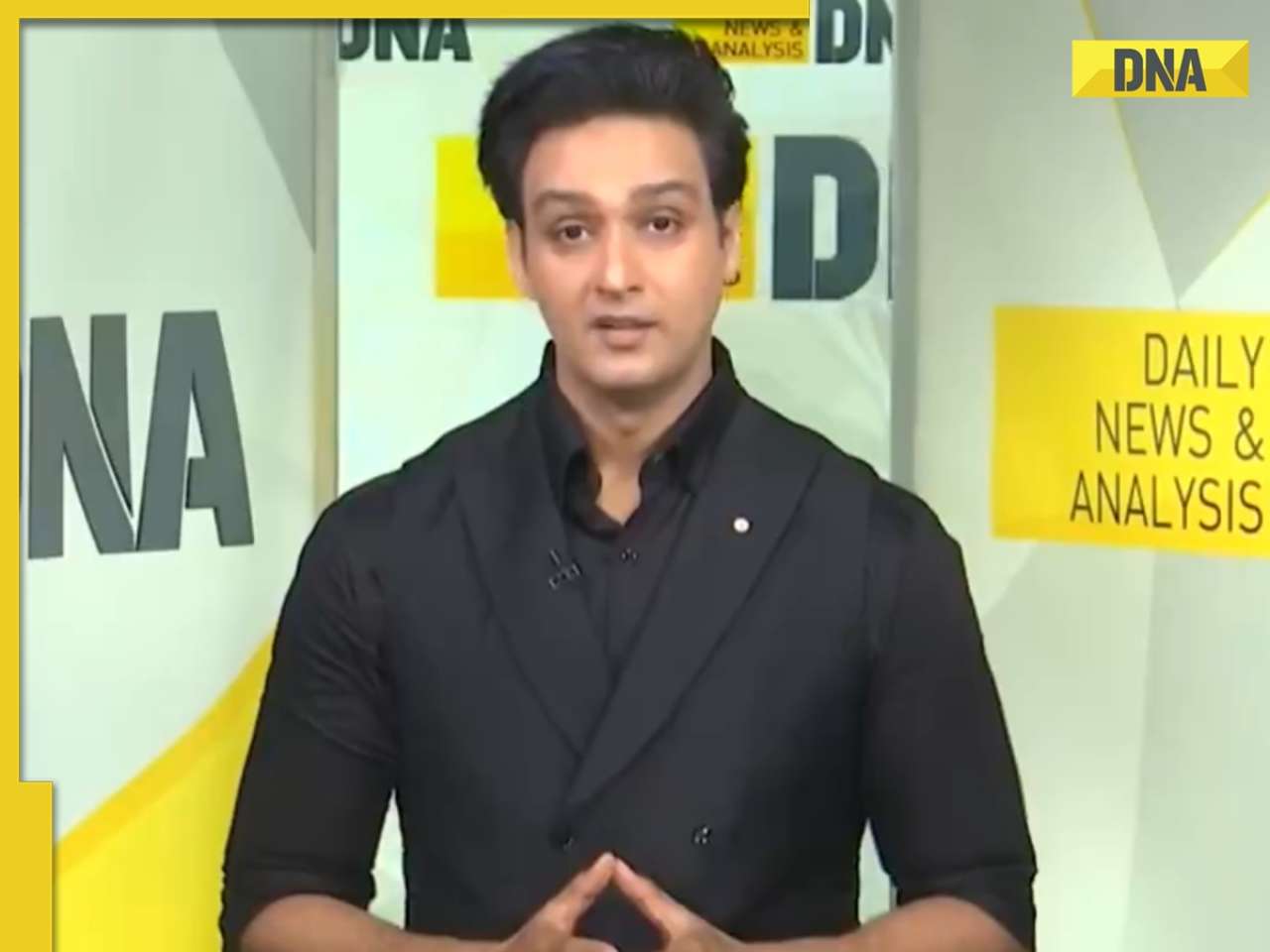
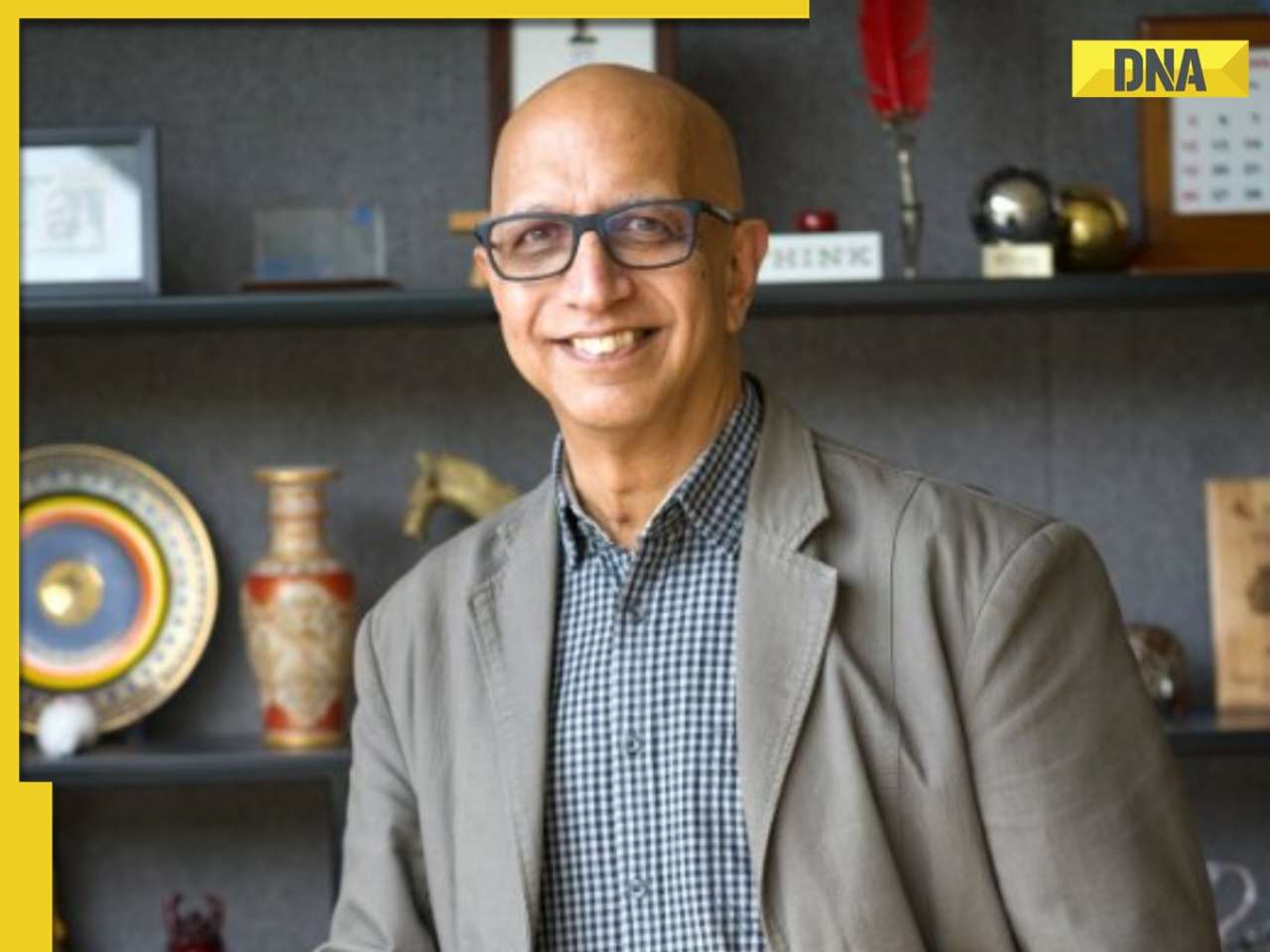
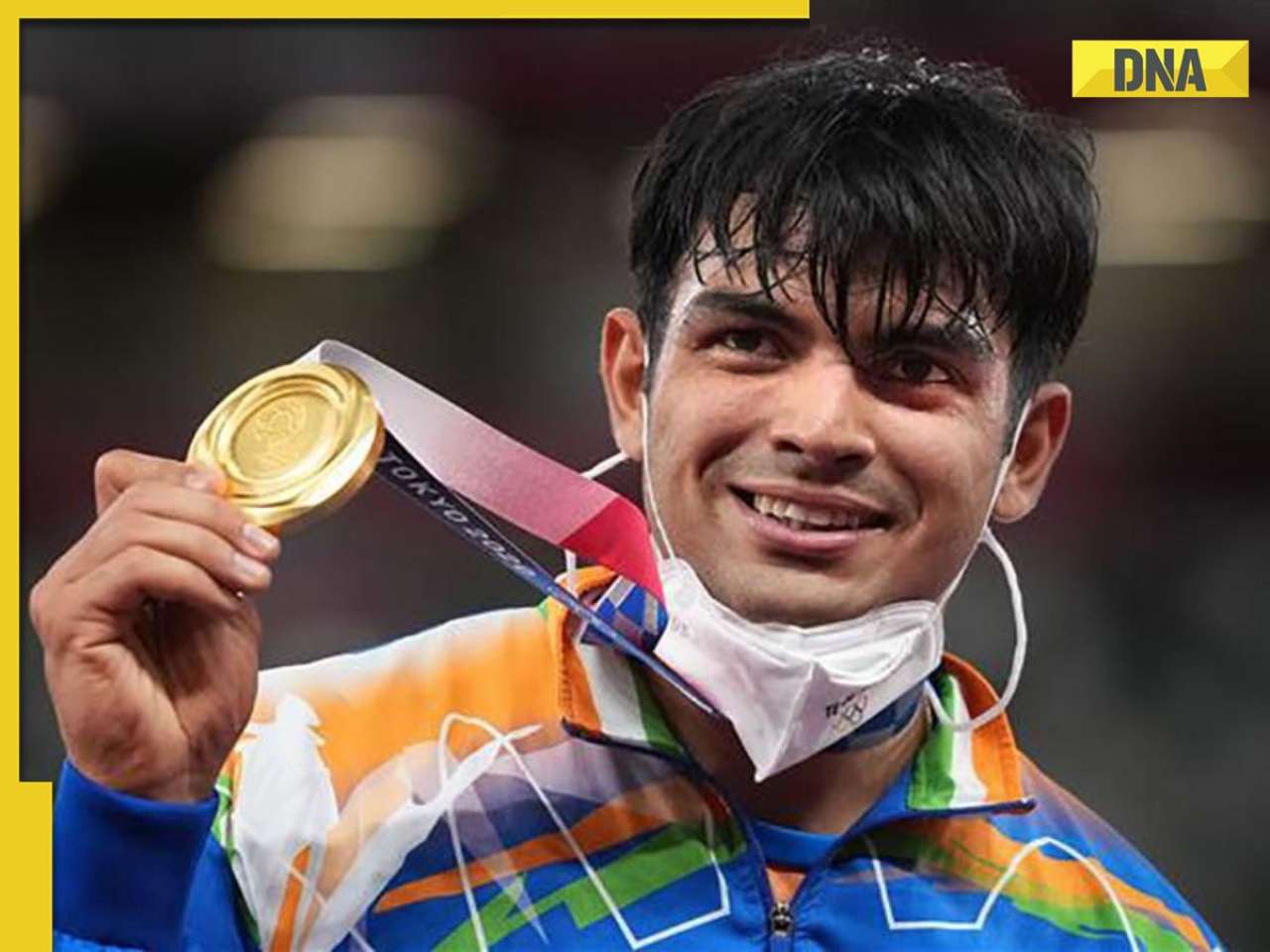
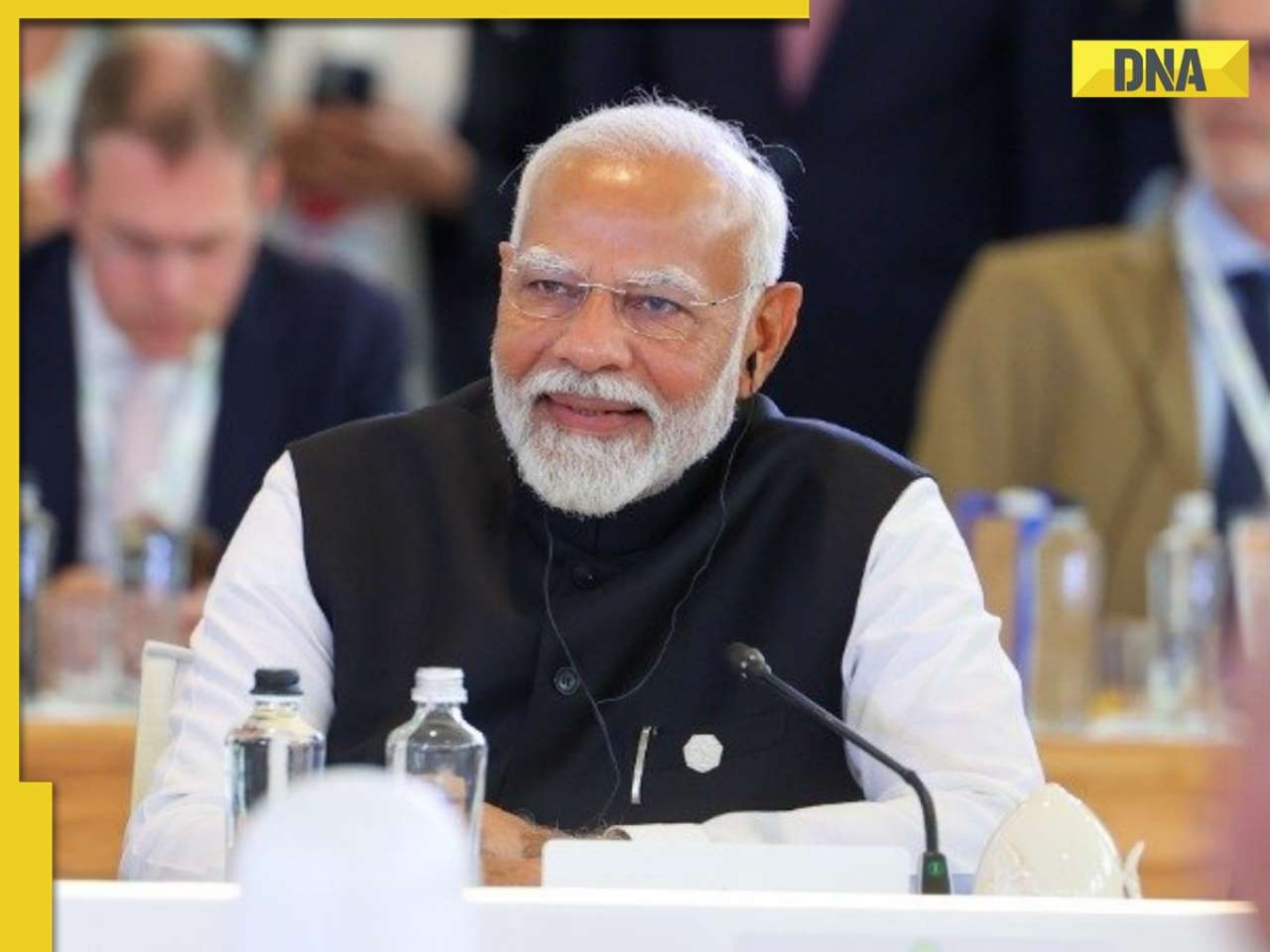





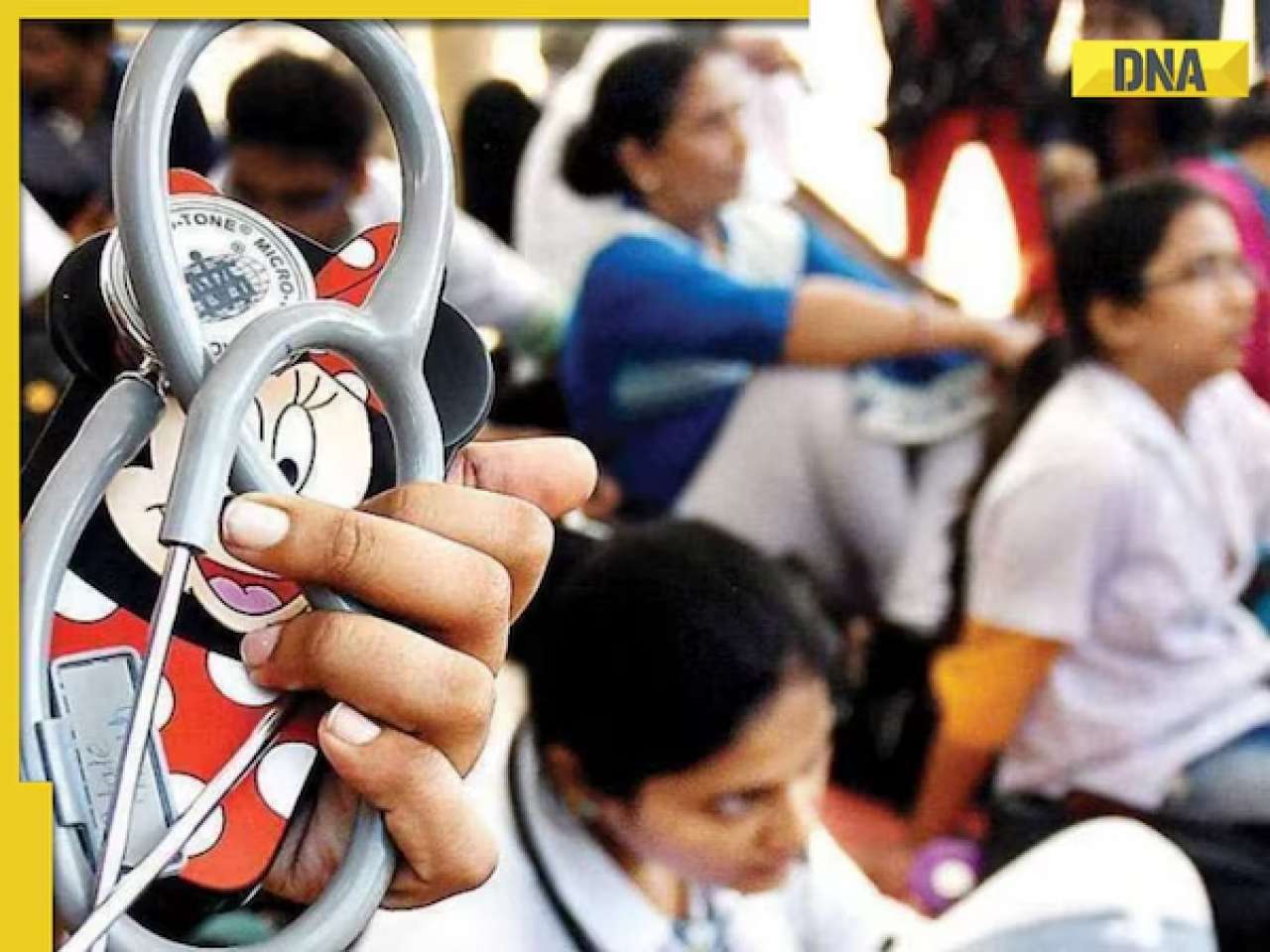
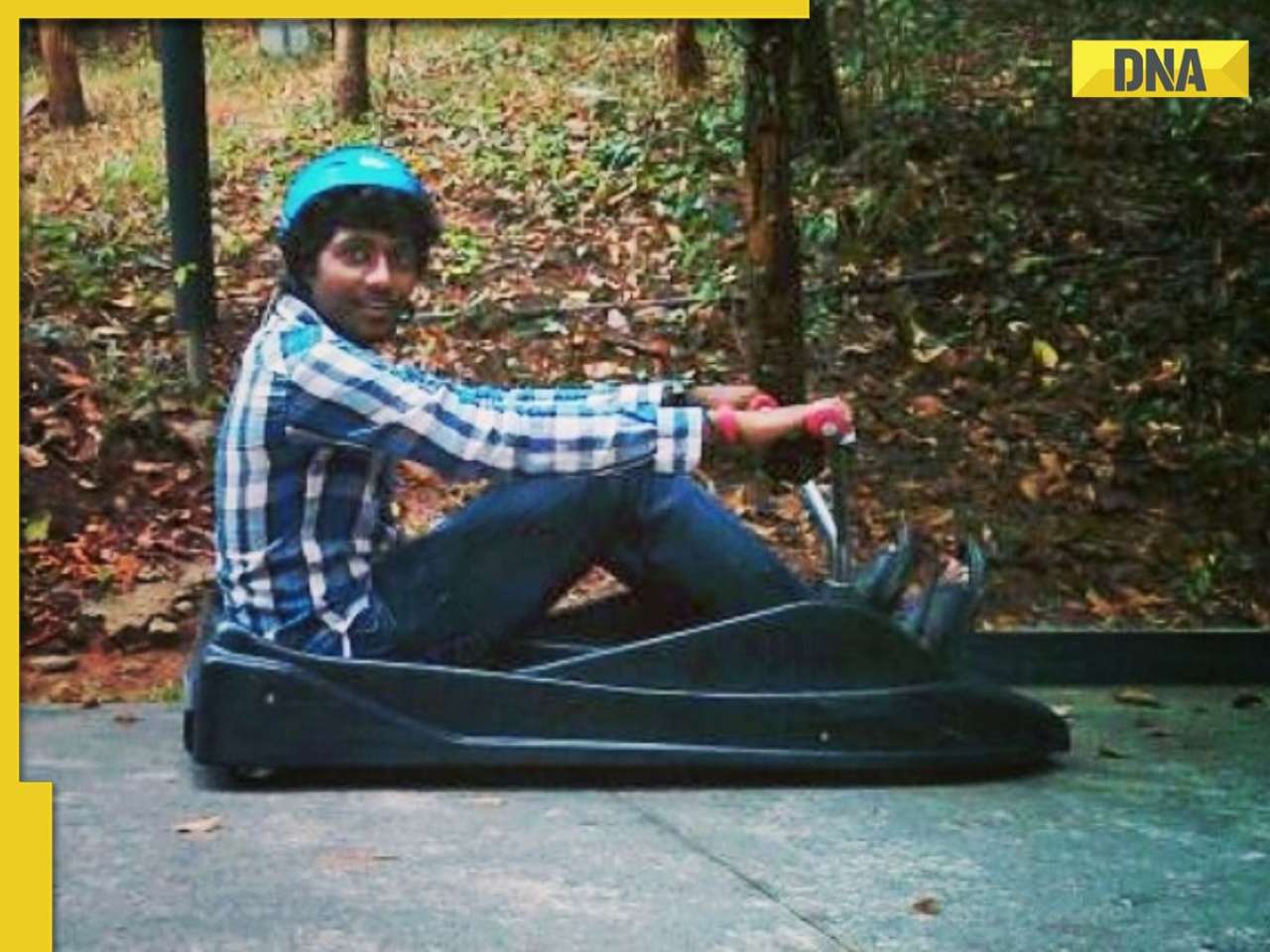
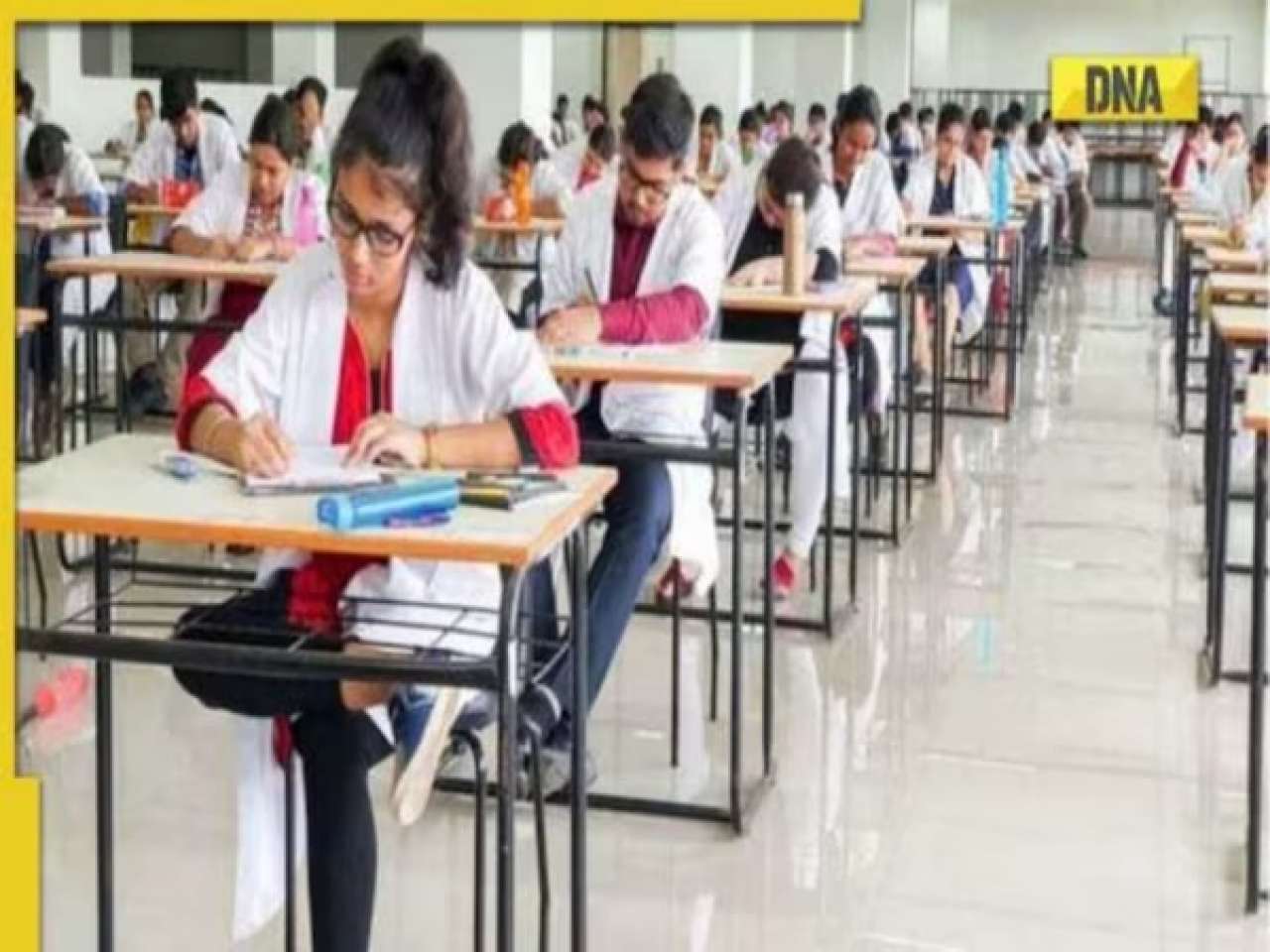
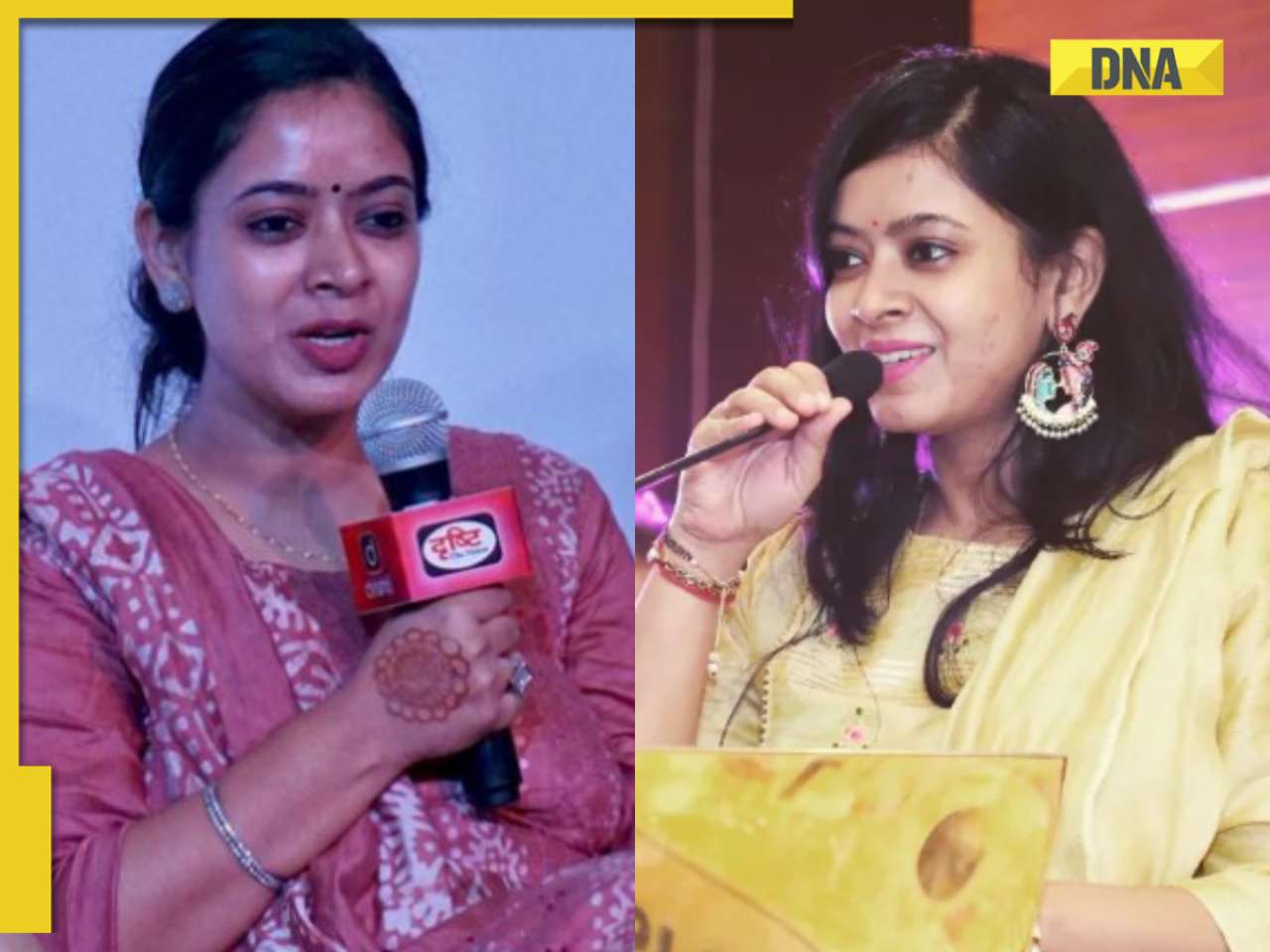
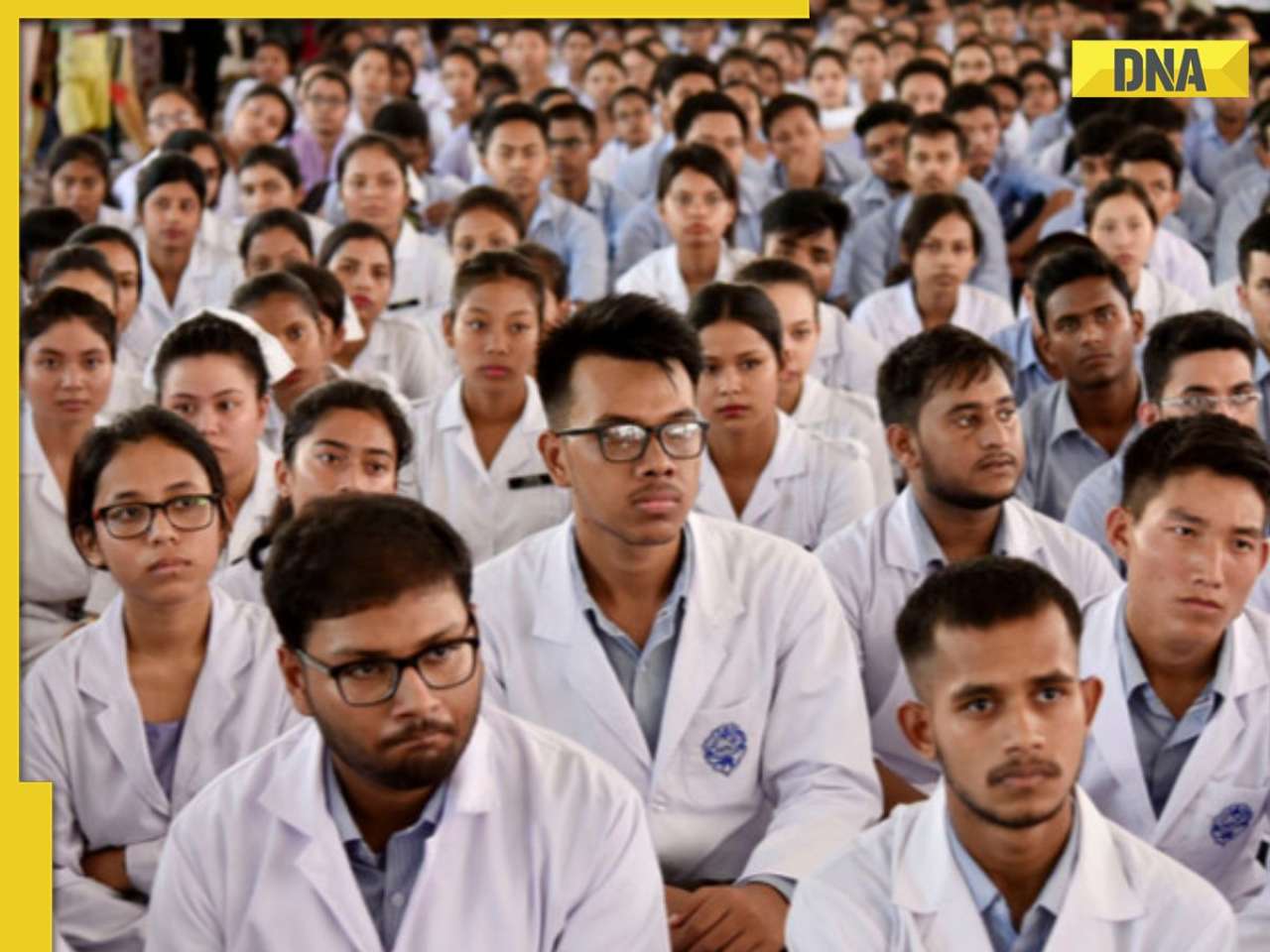








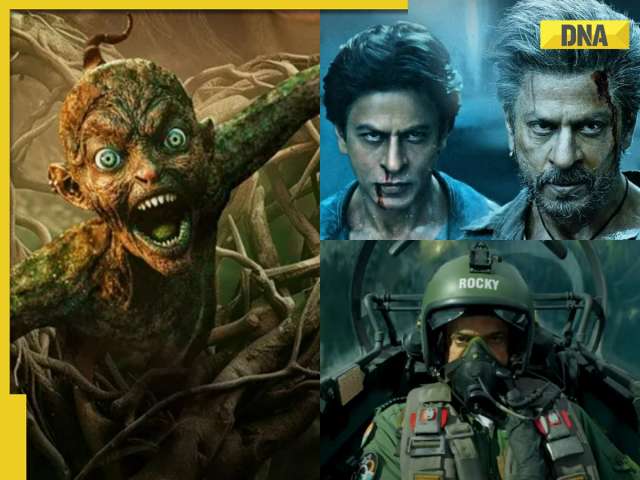
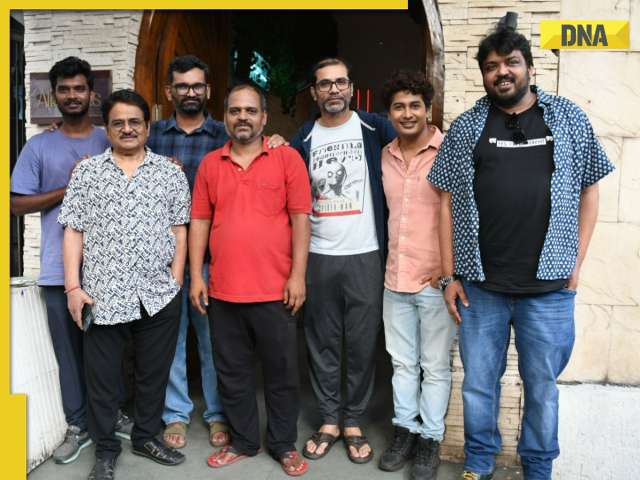





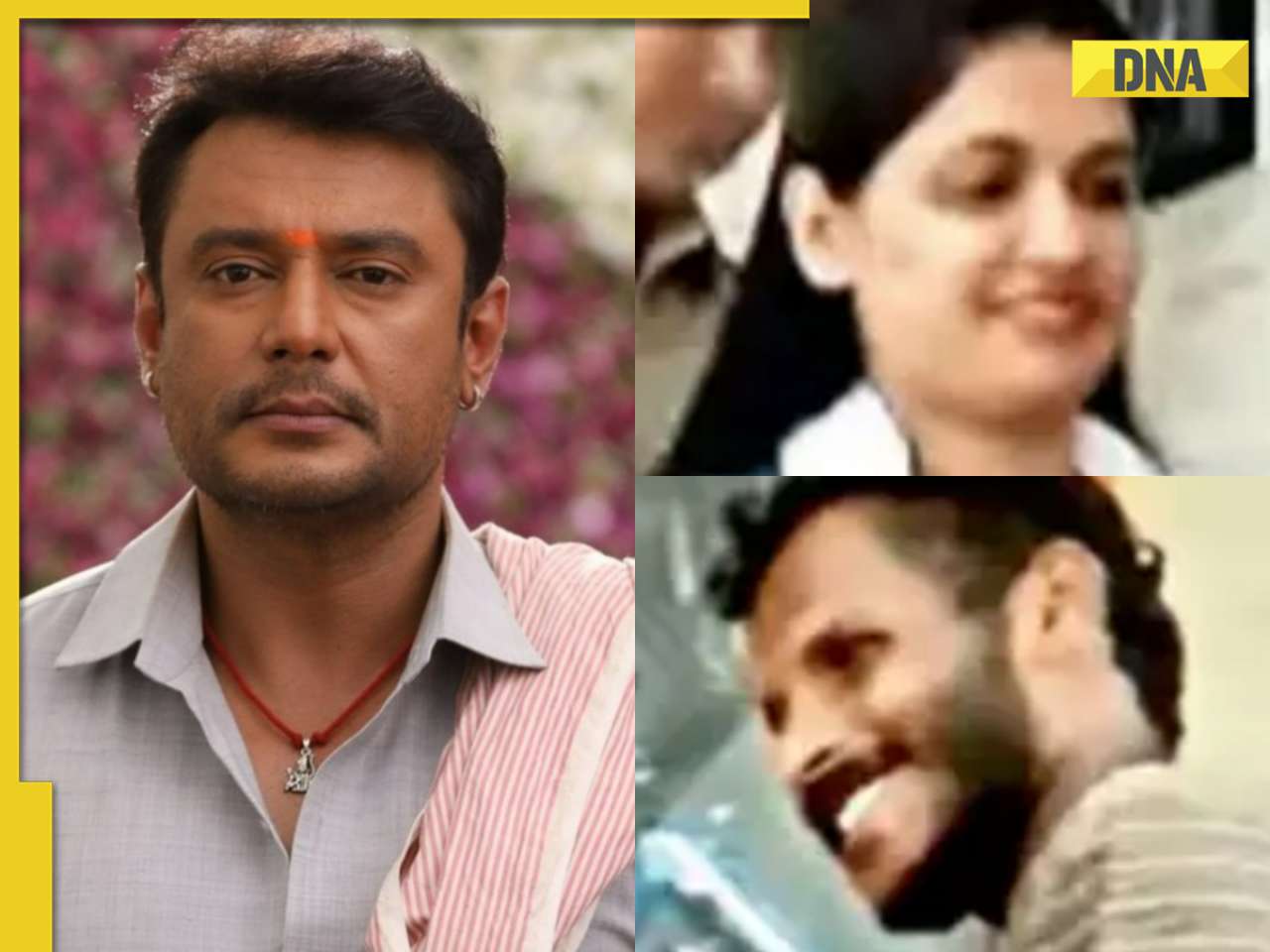
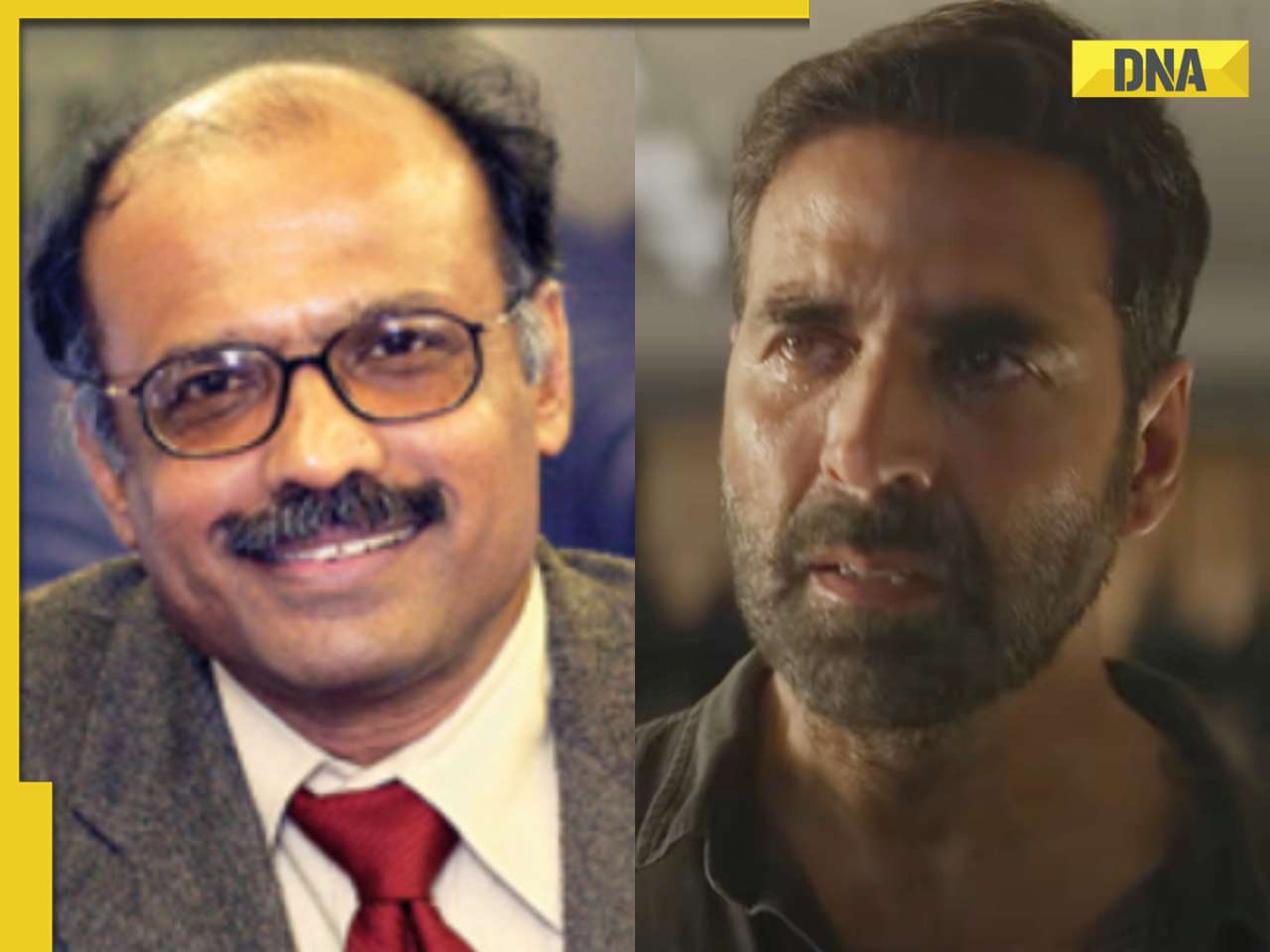

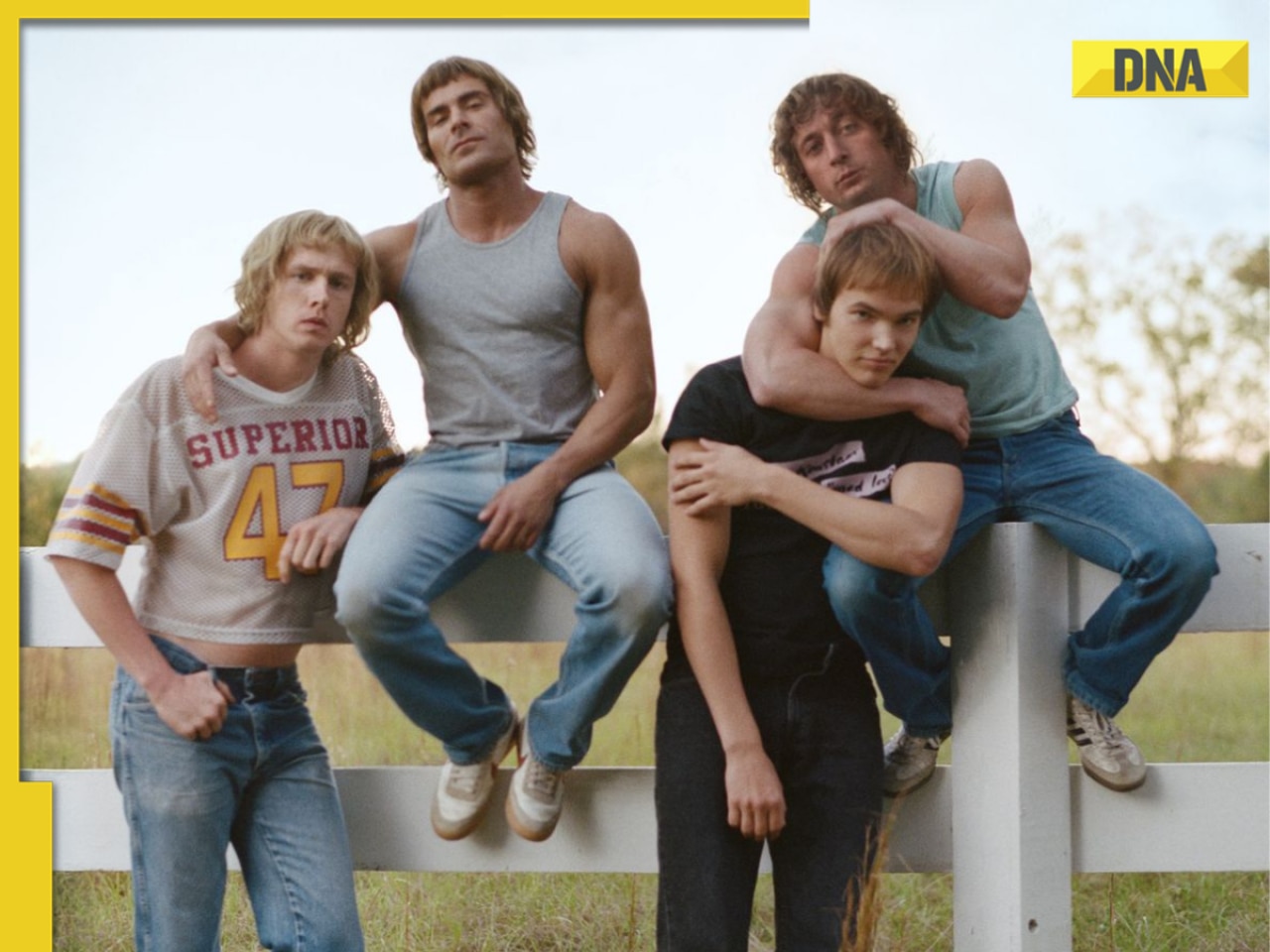
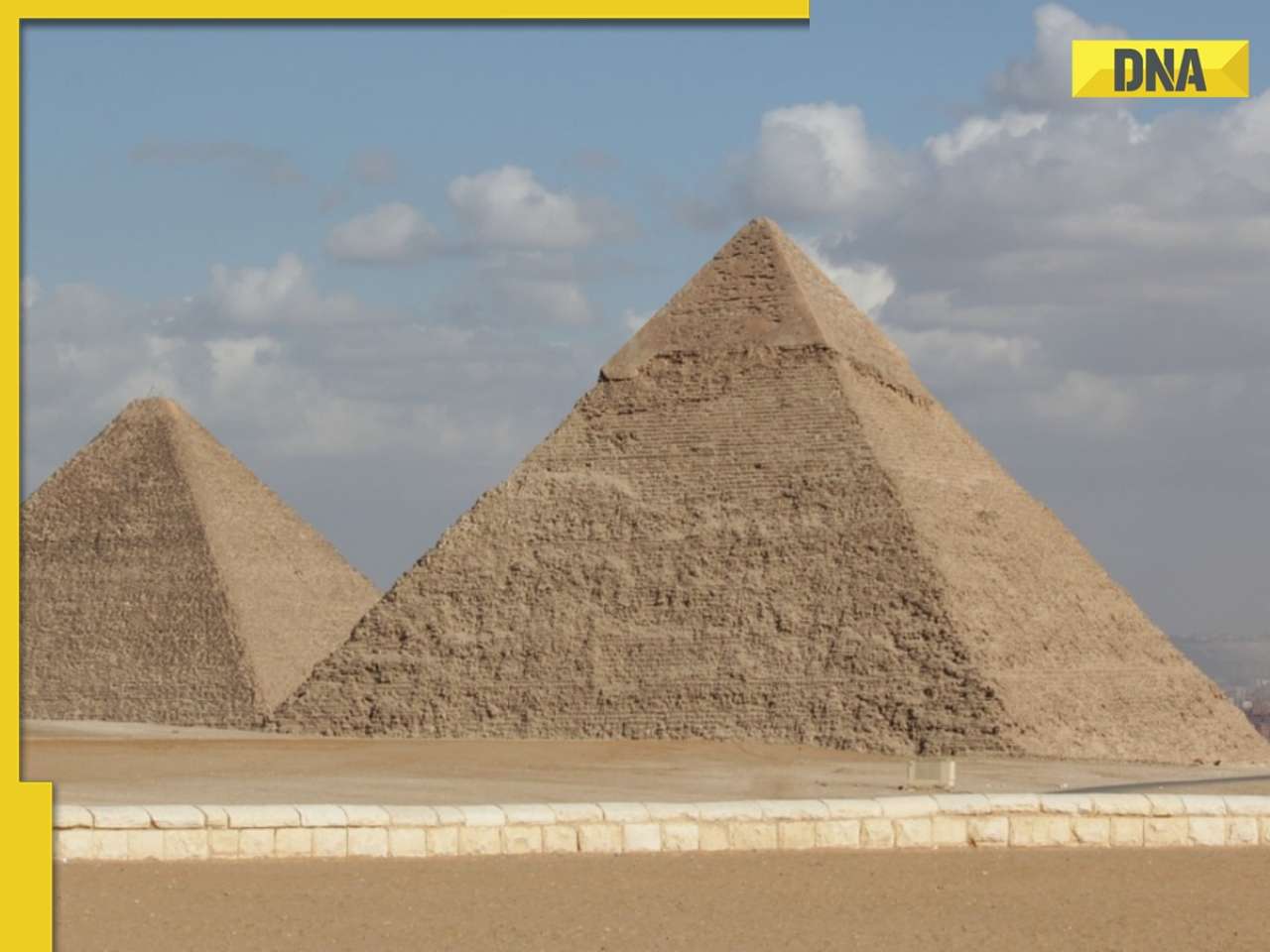
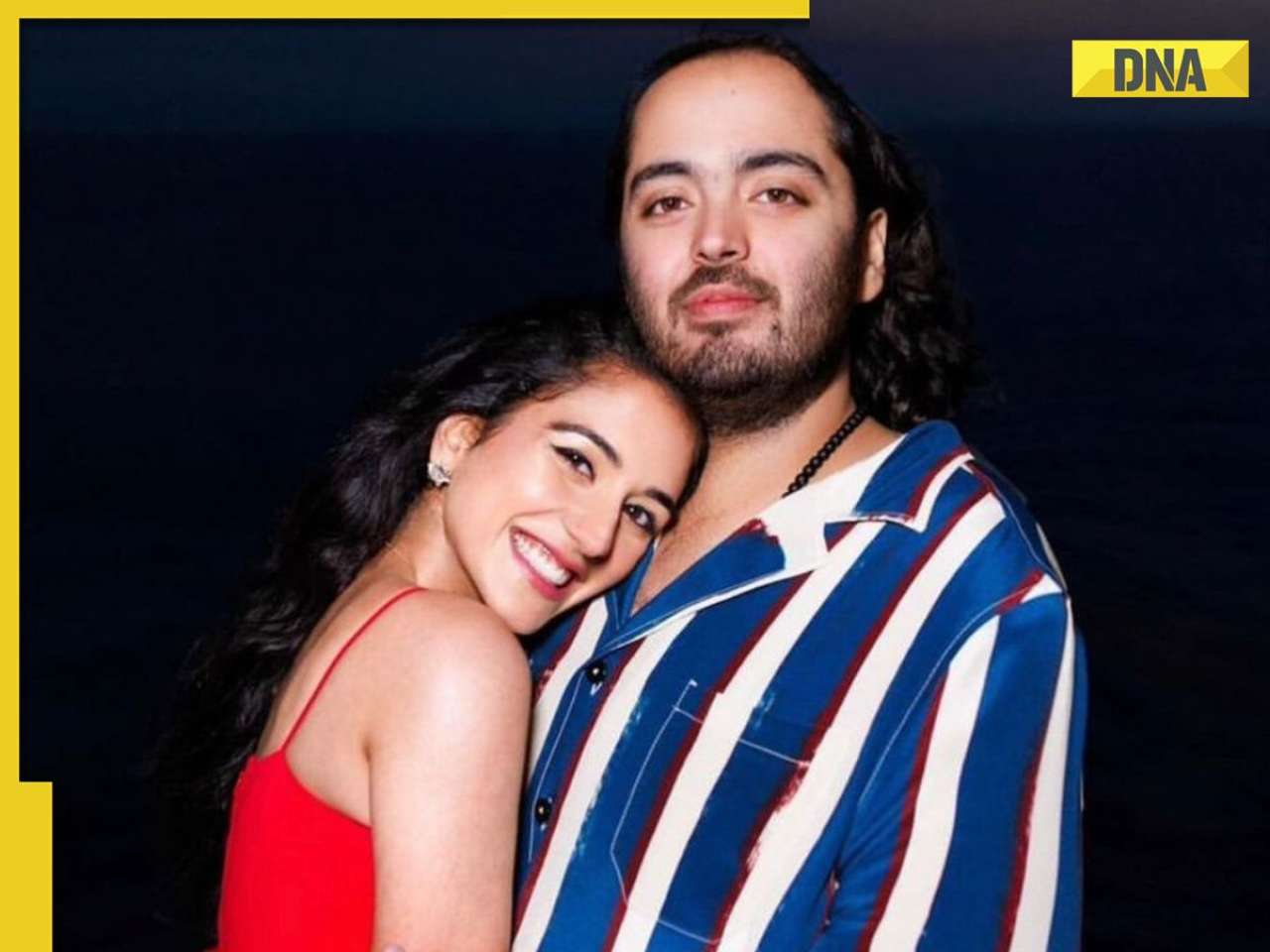
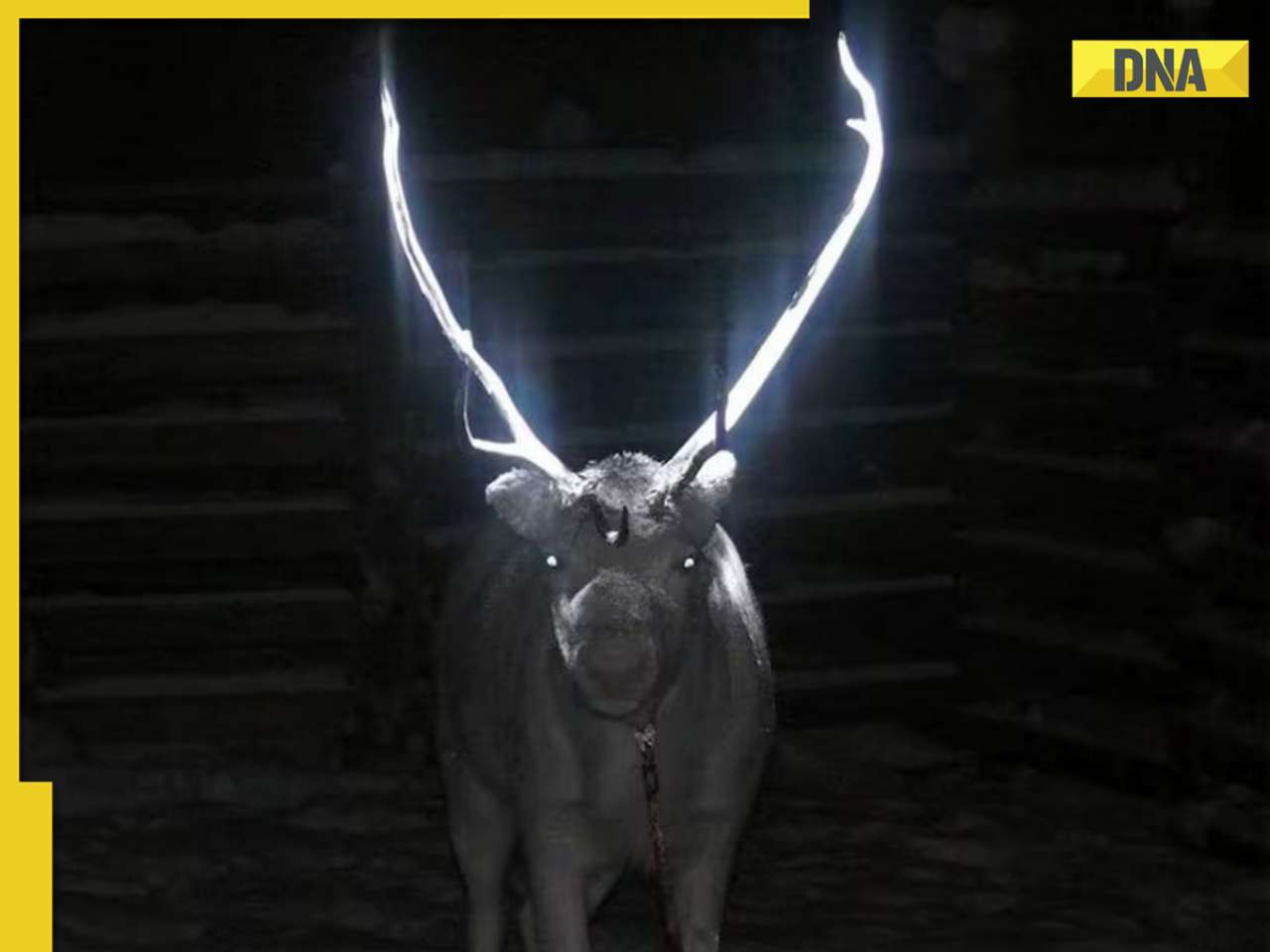
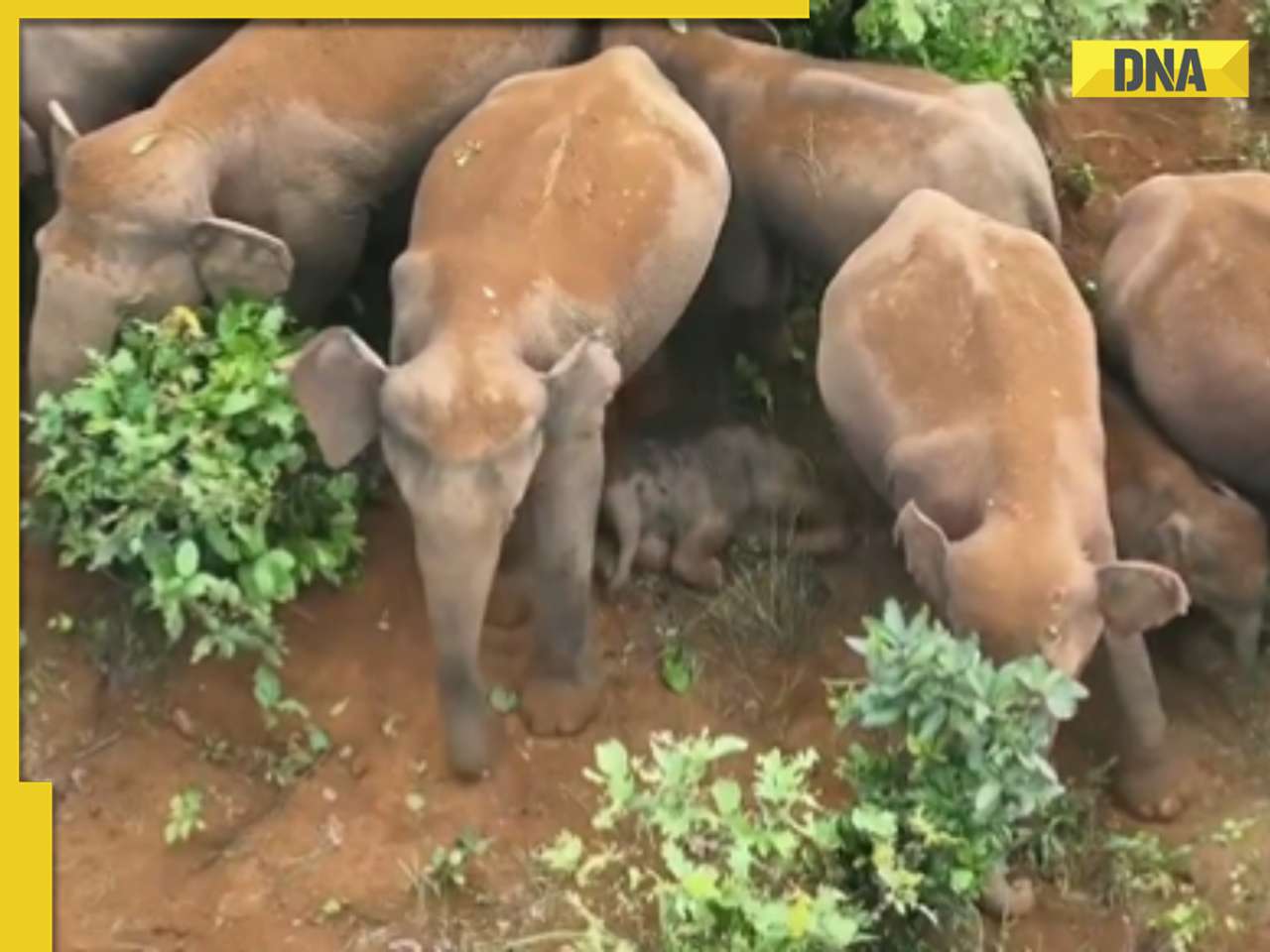
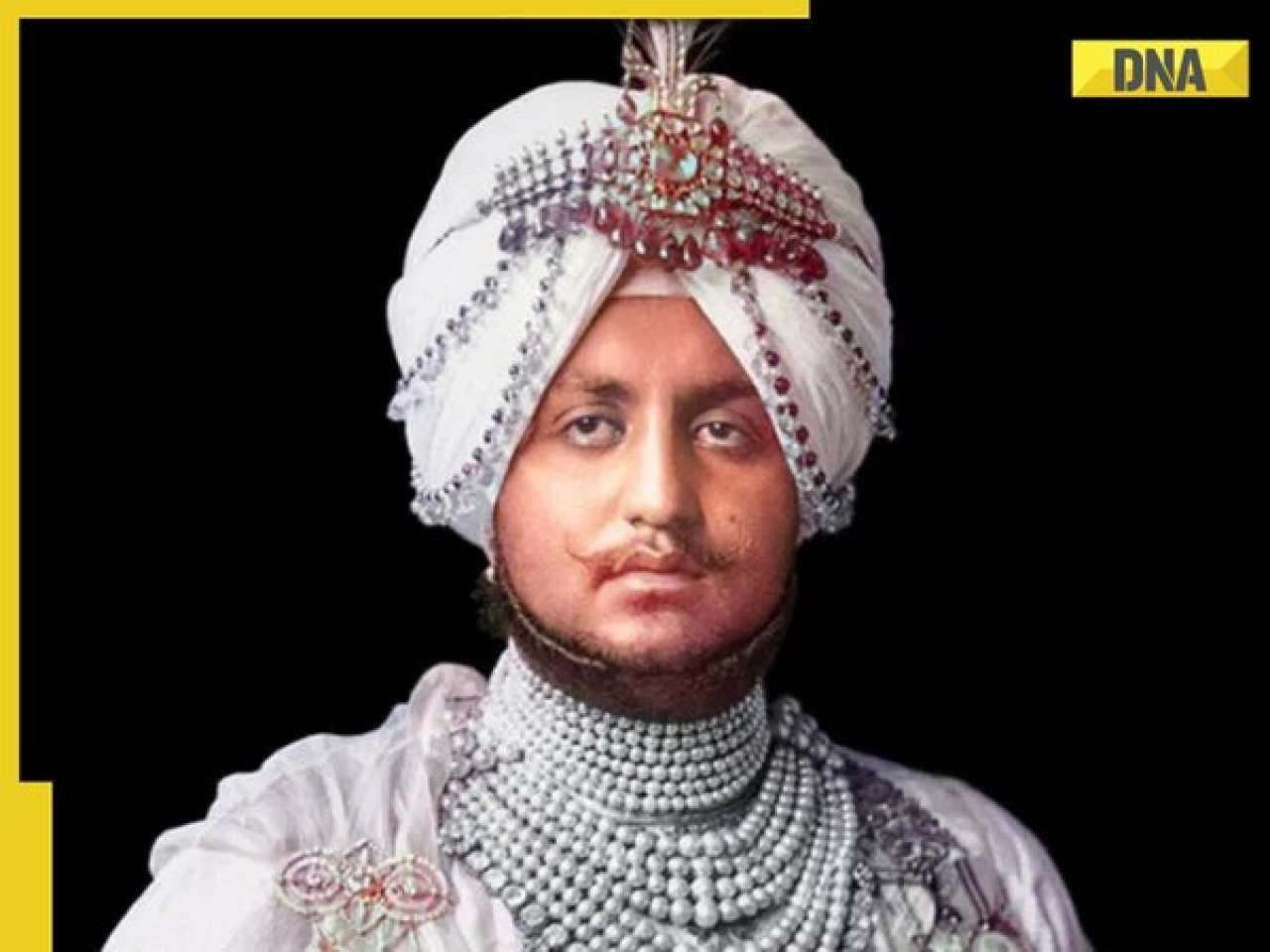

)

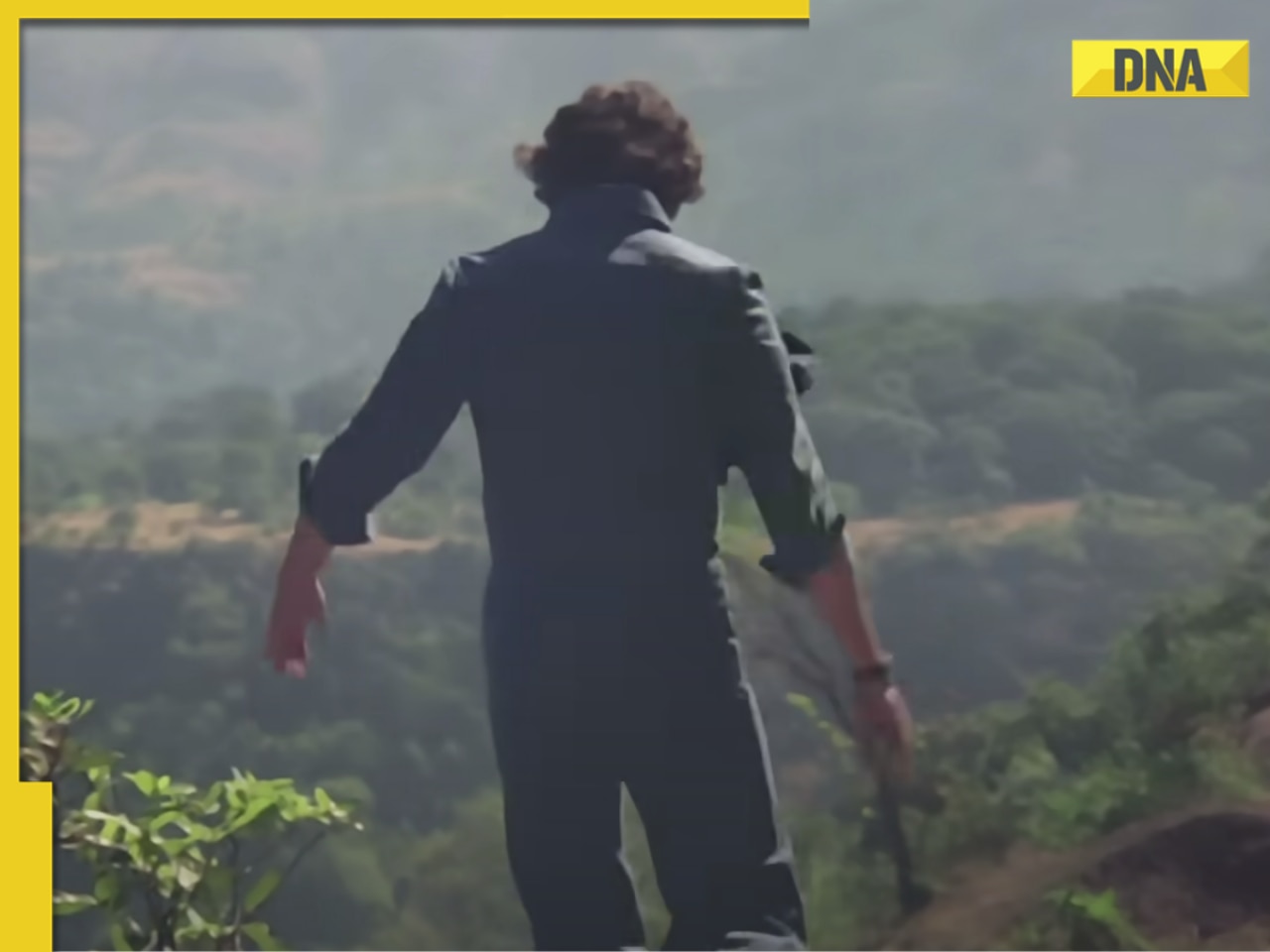
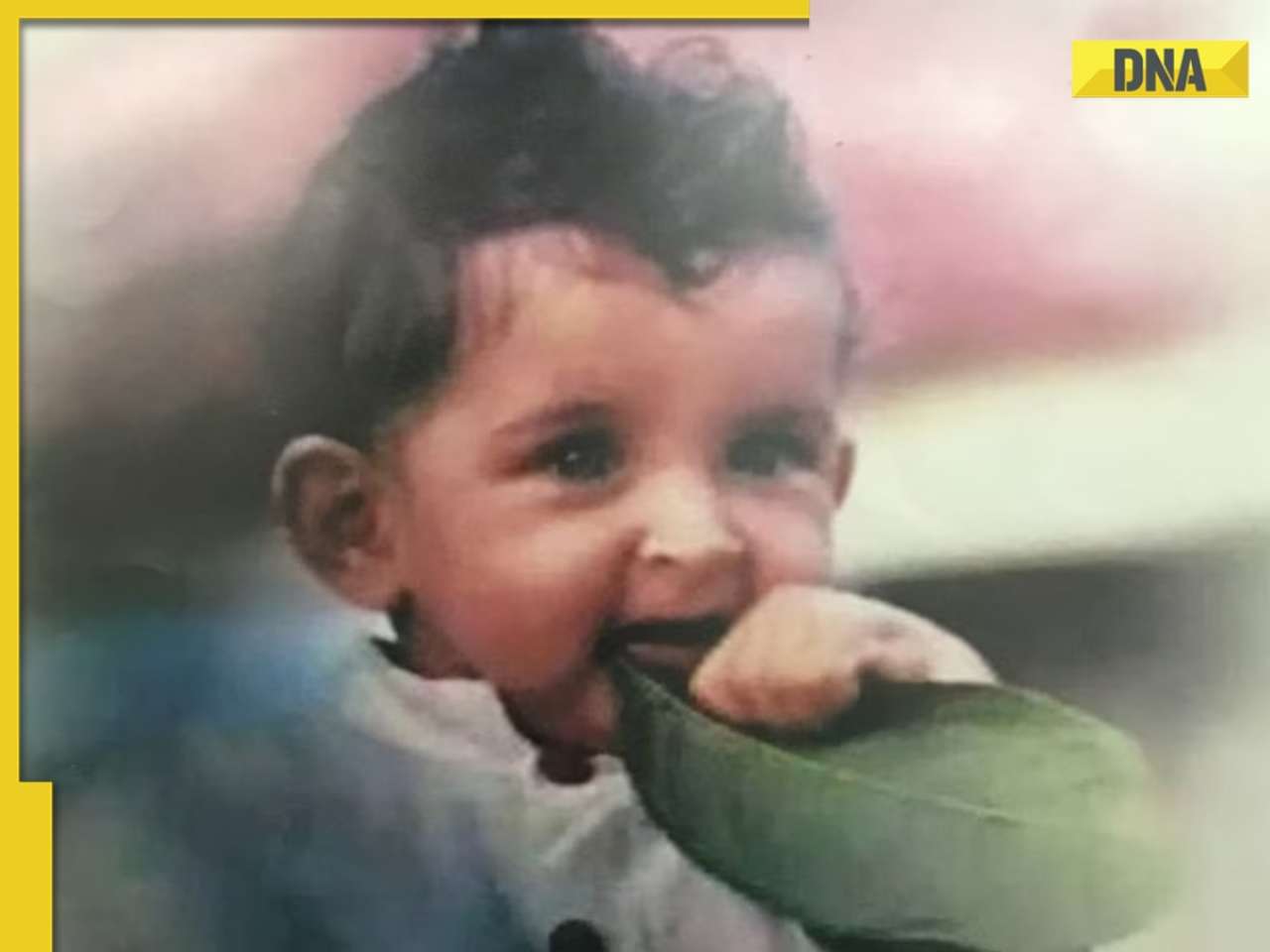
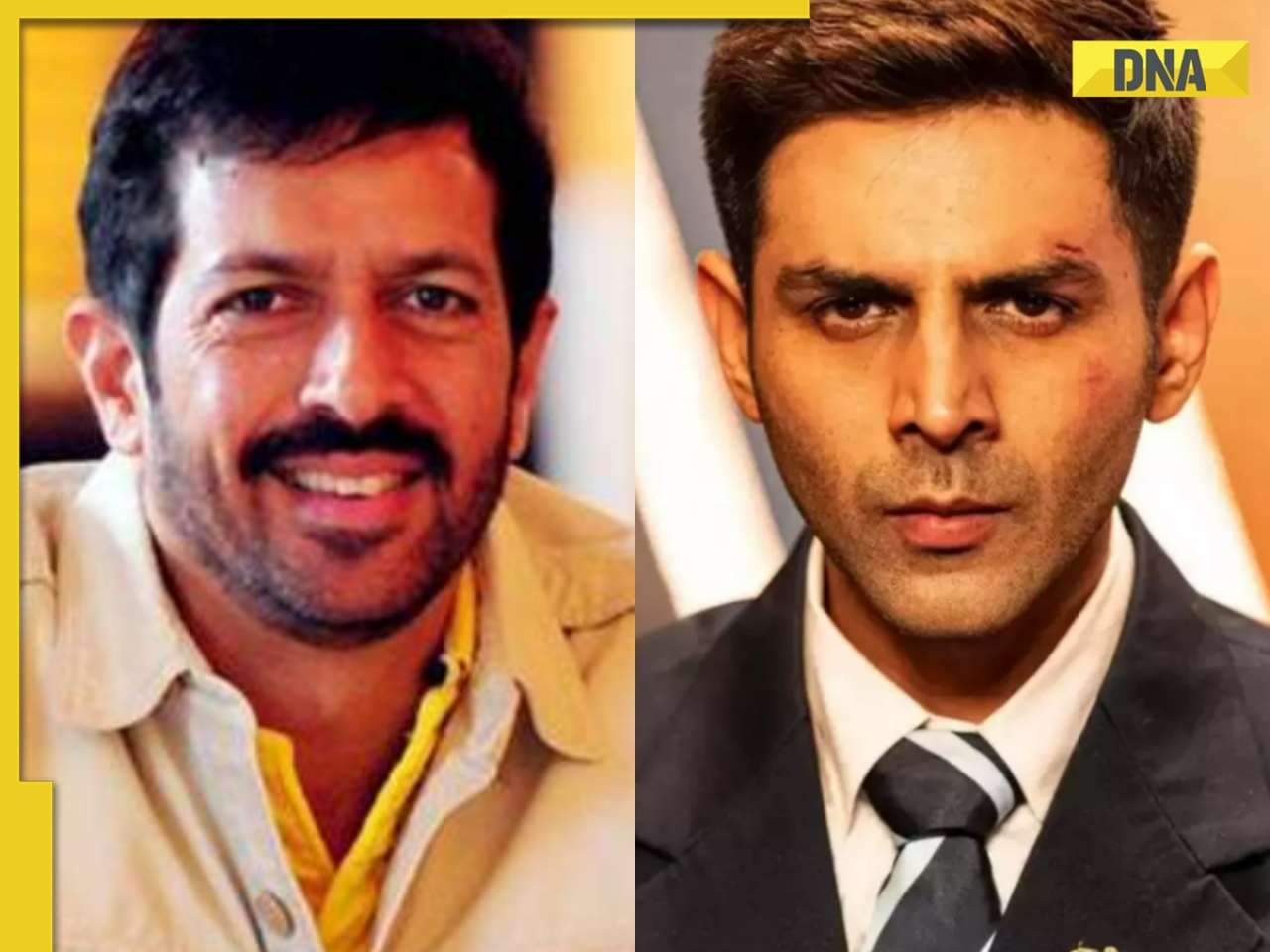
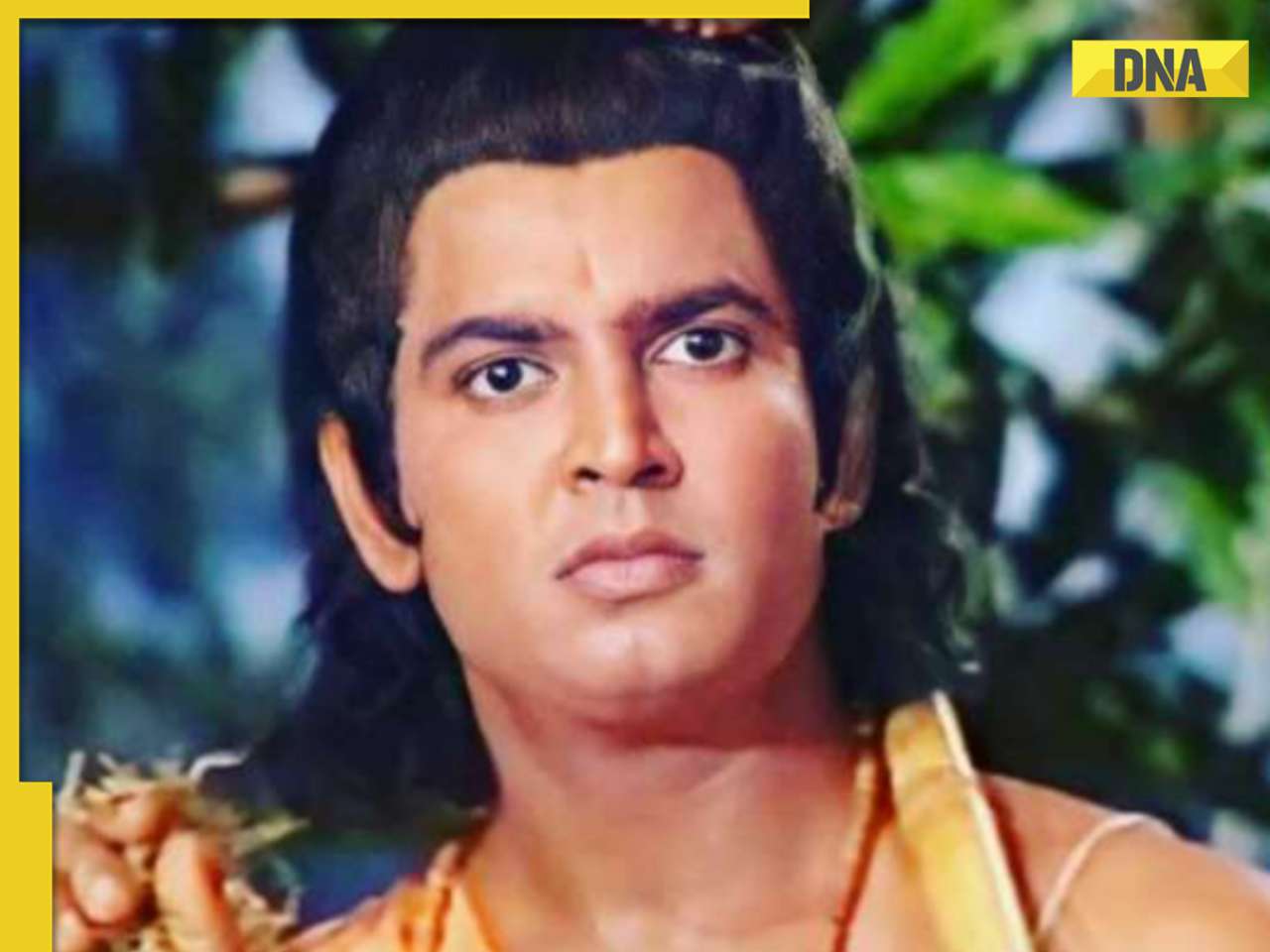
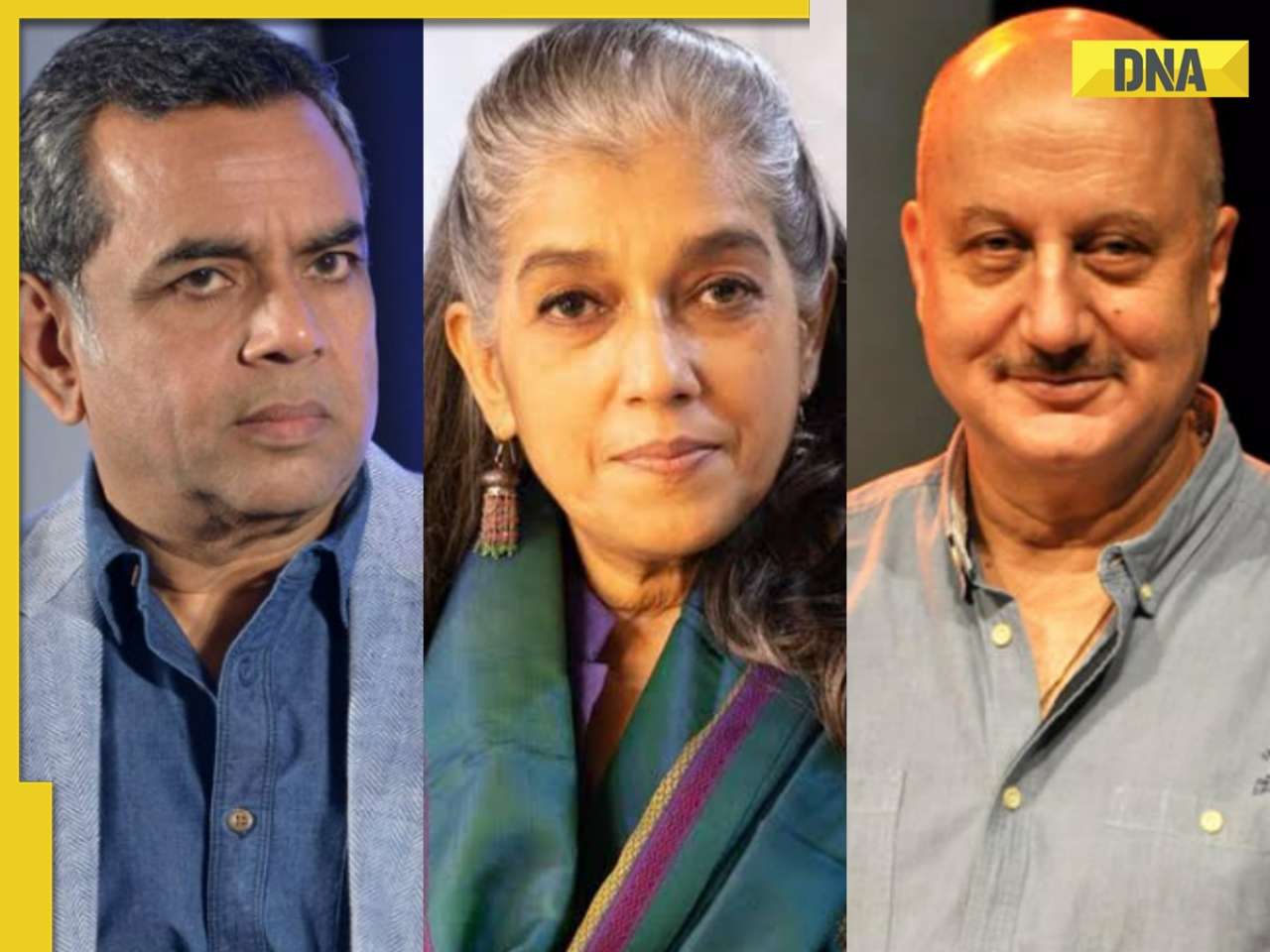
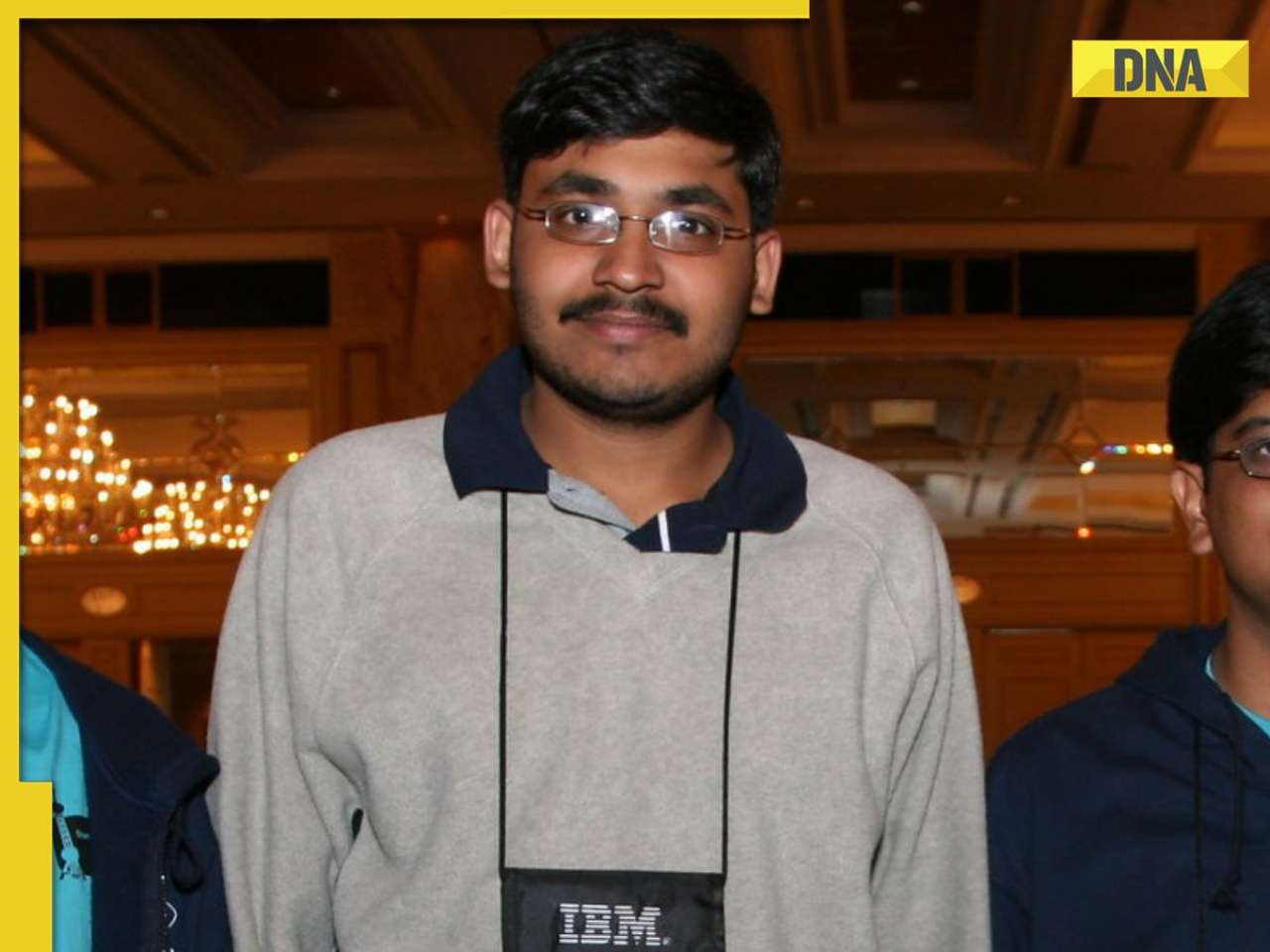
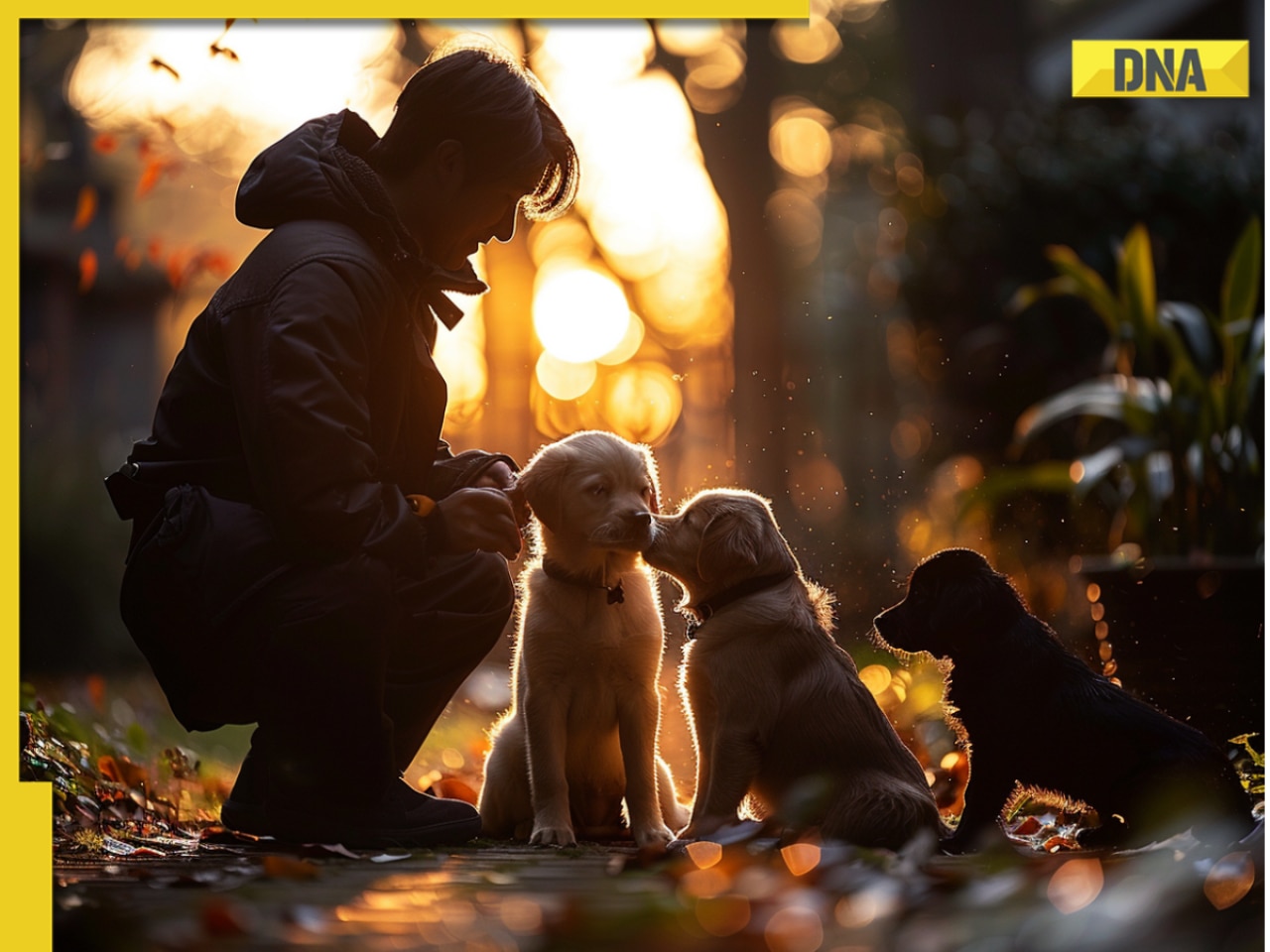
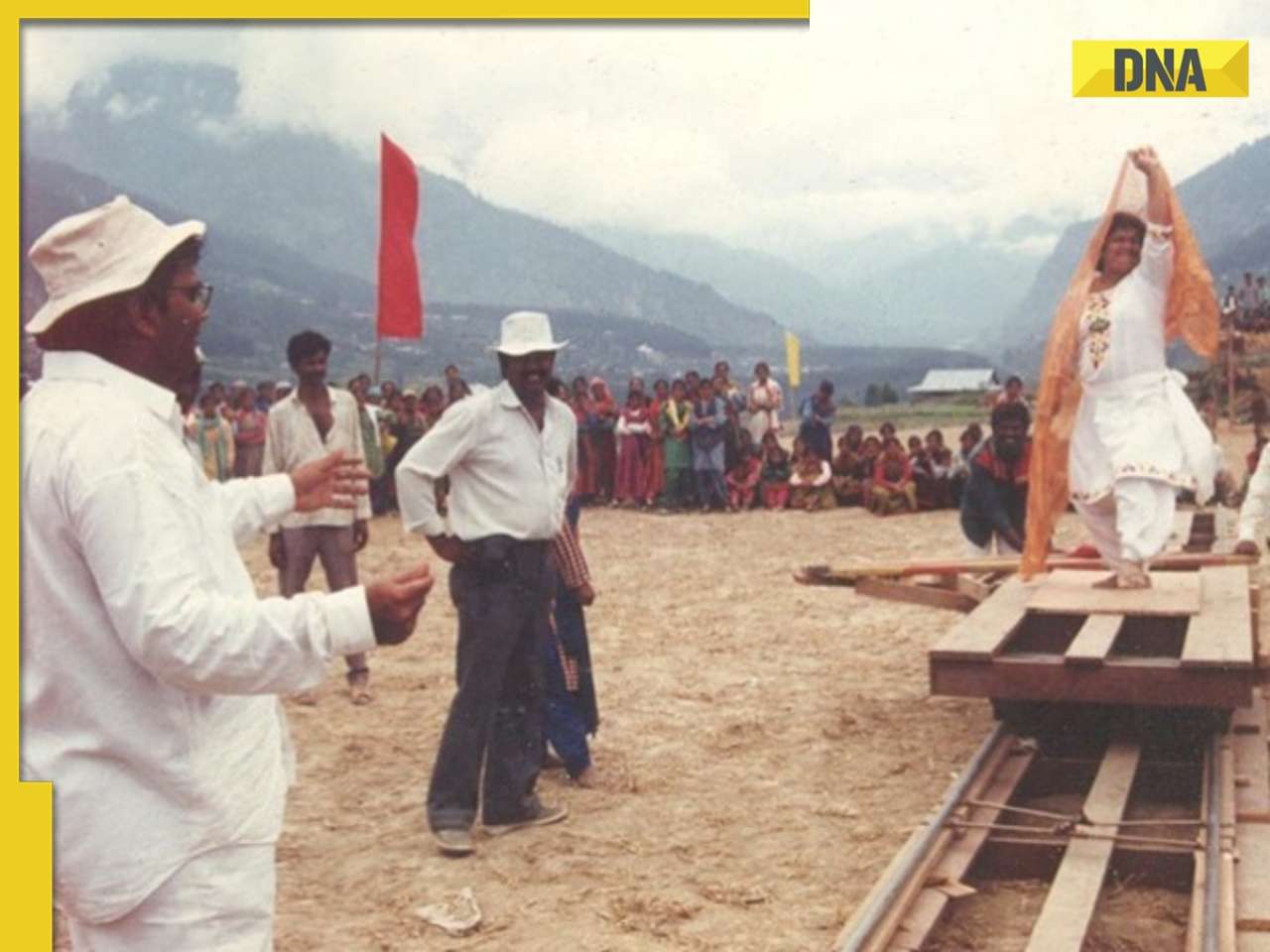
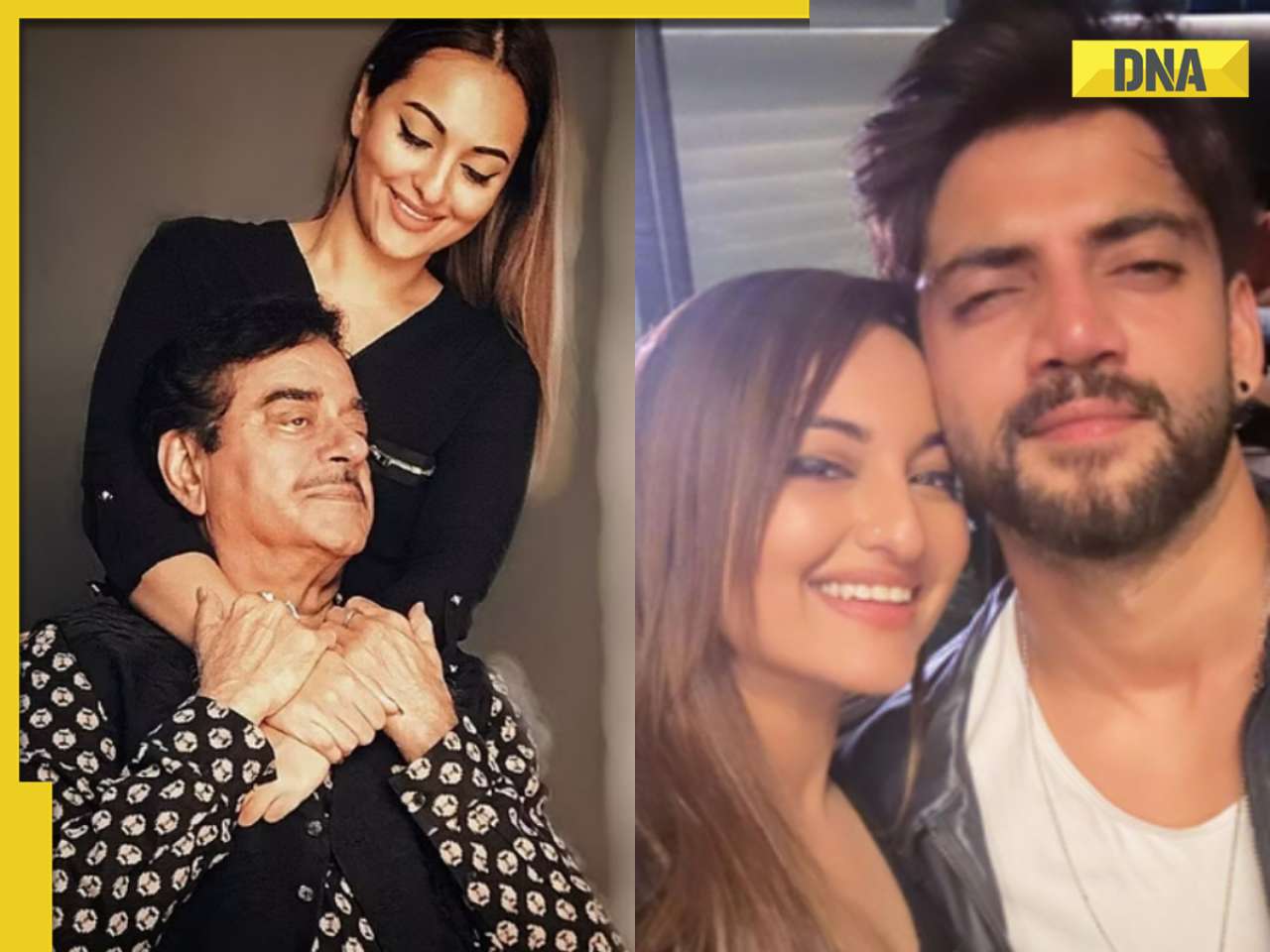
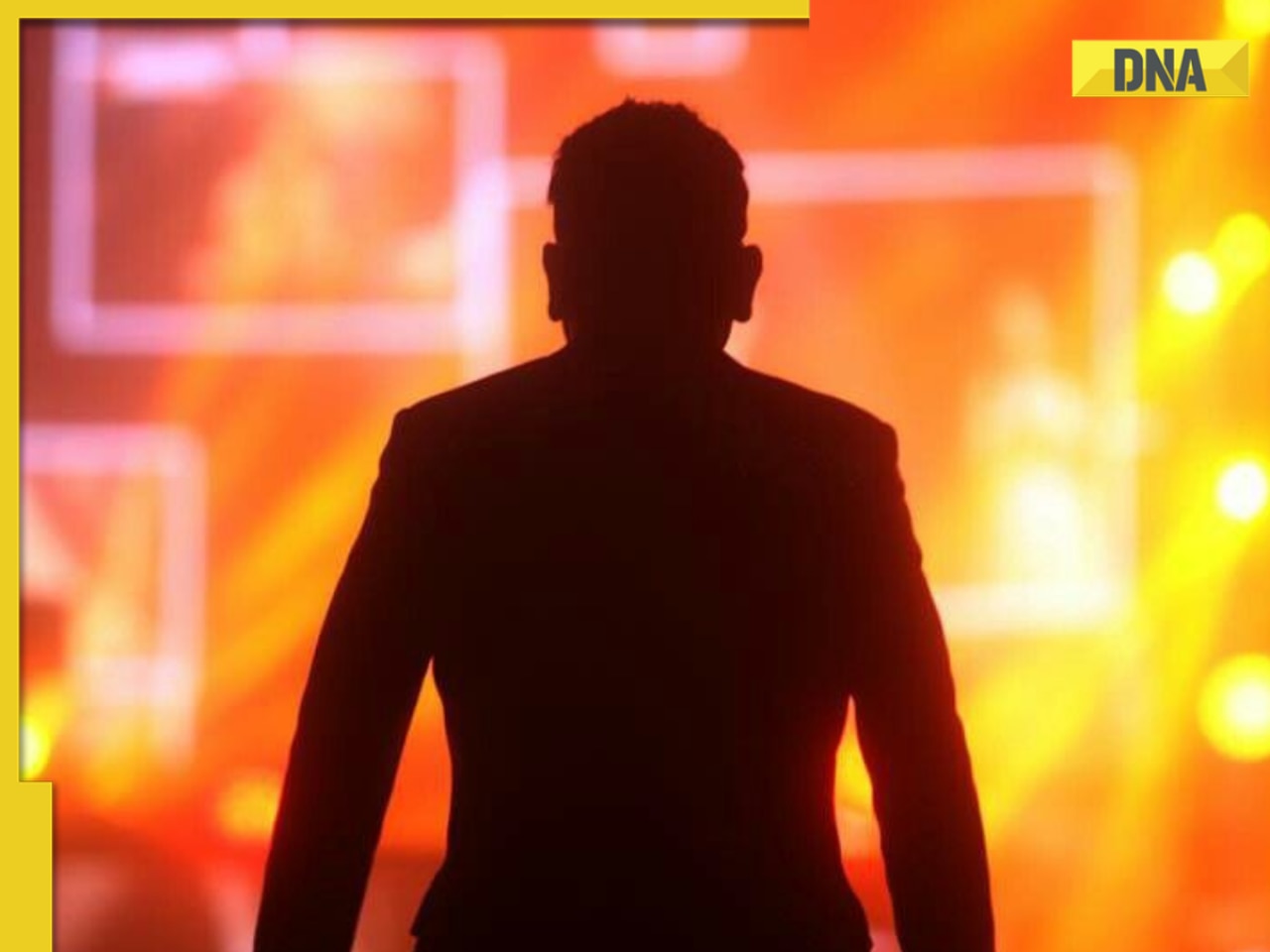
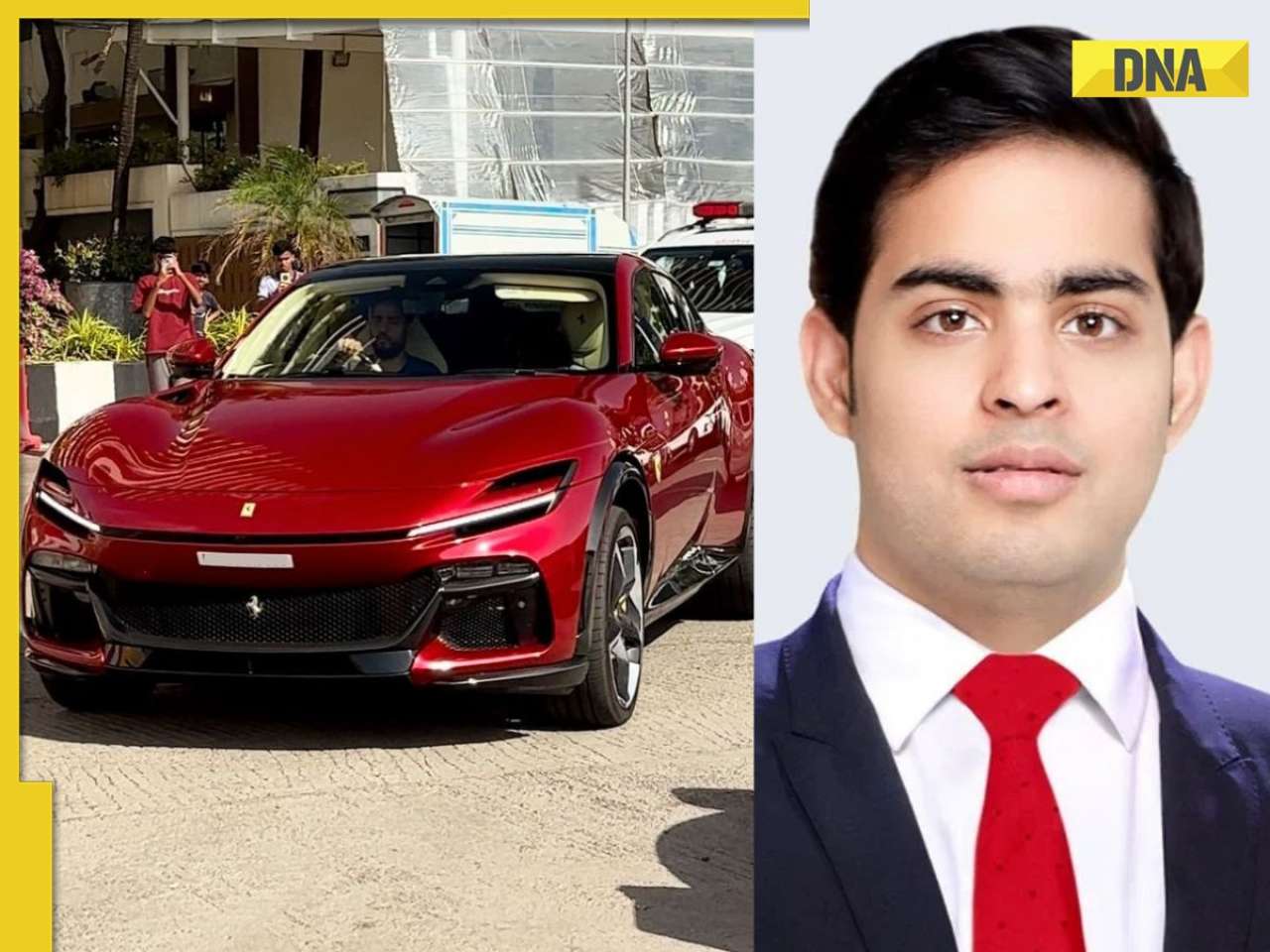
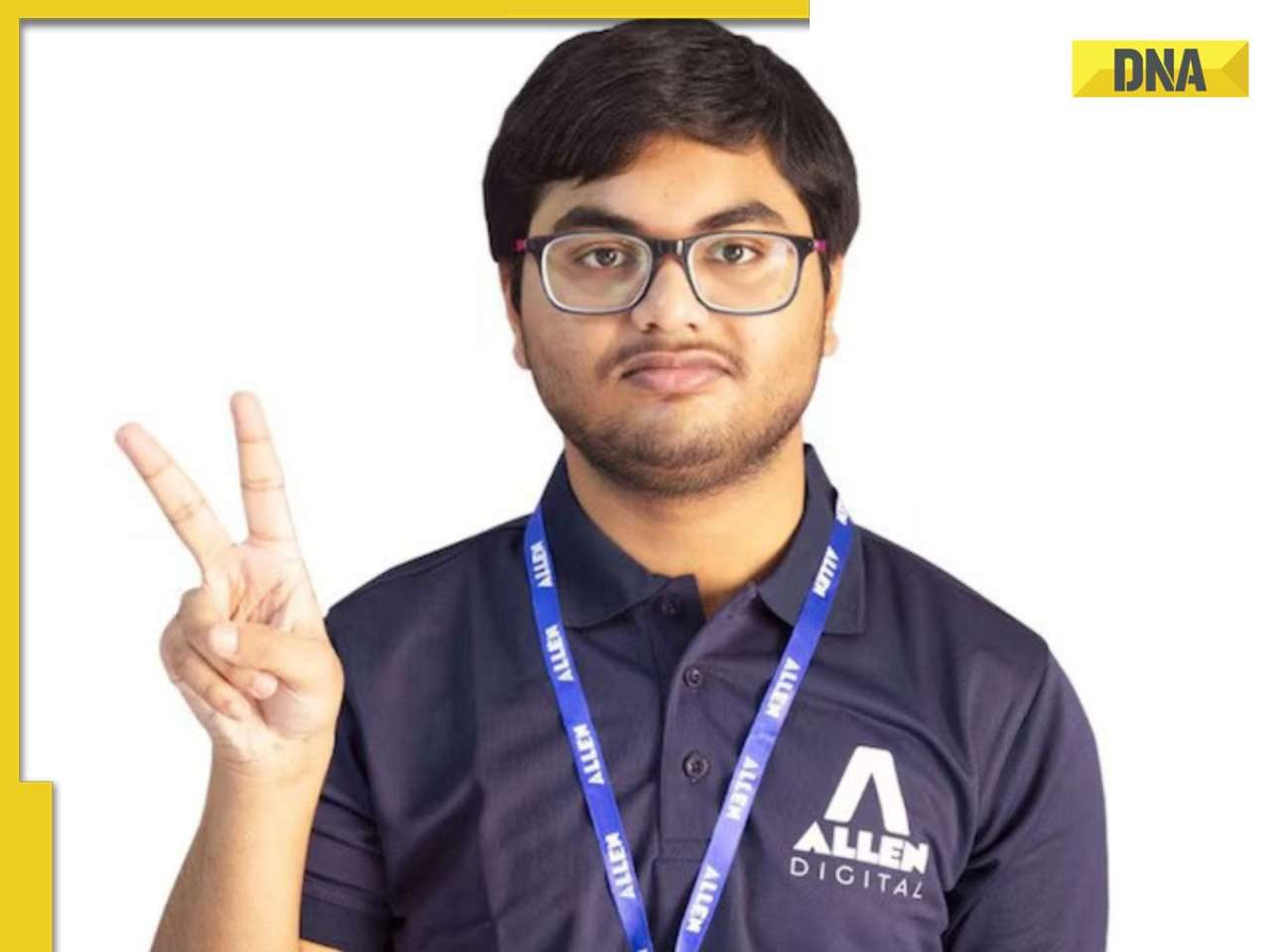
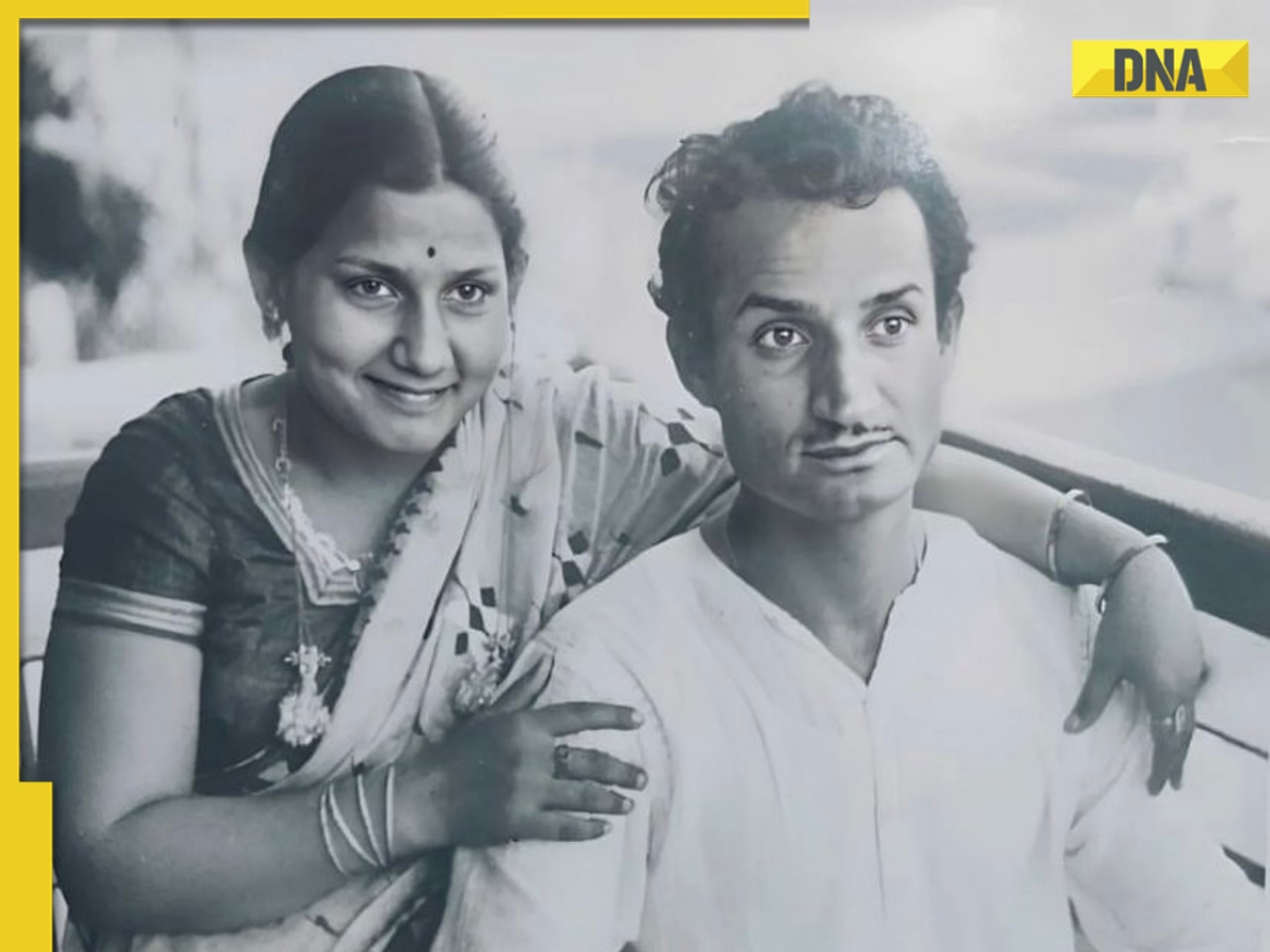




)
)
)
)
)
)